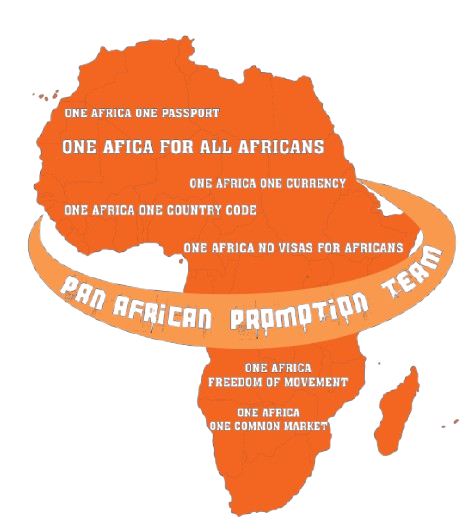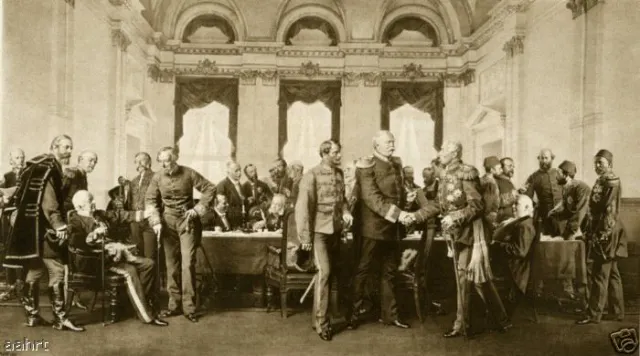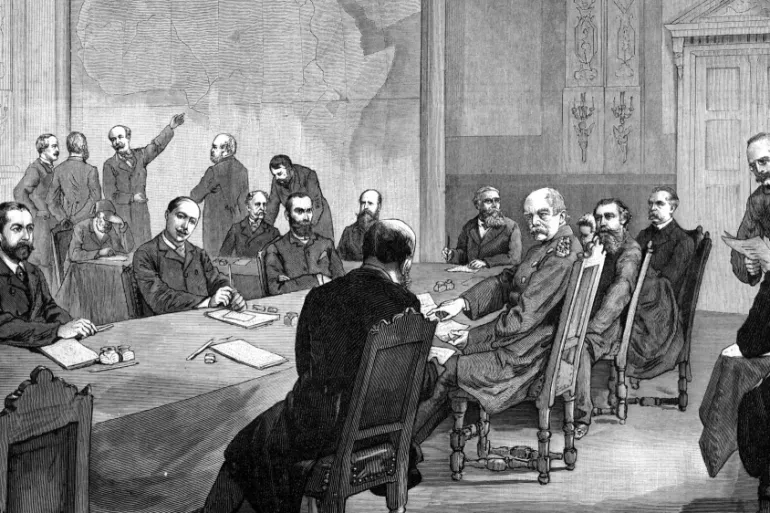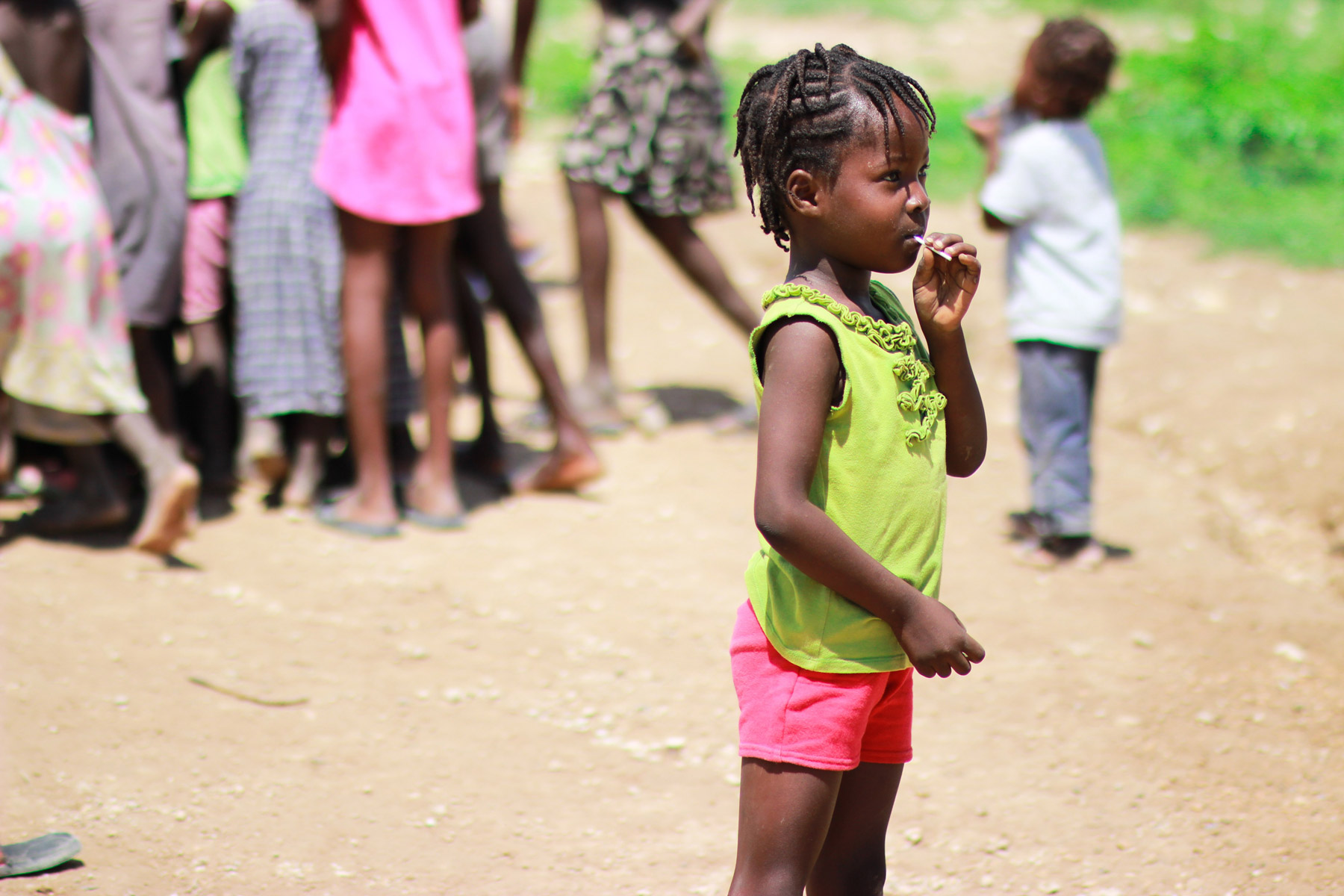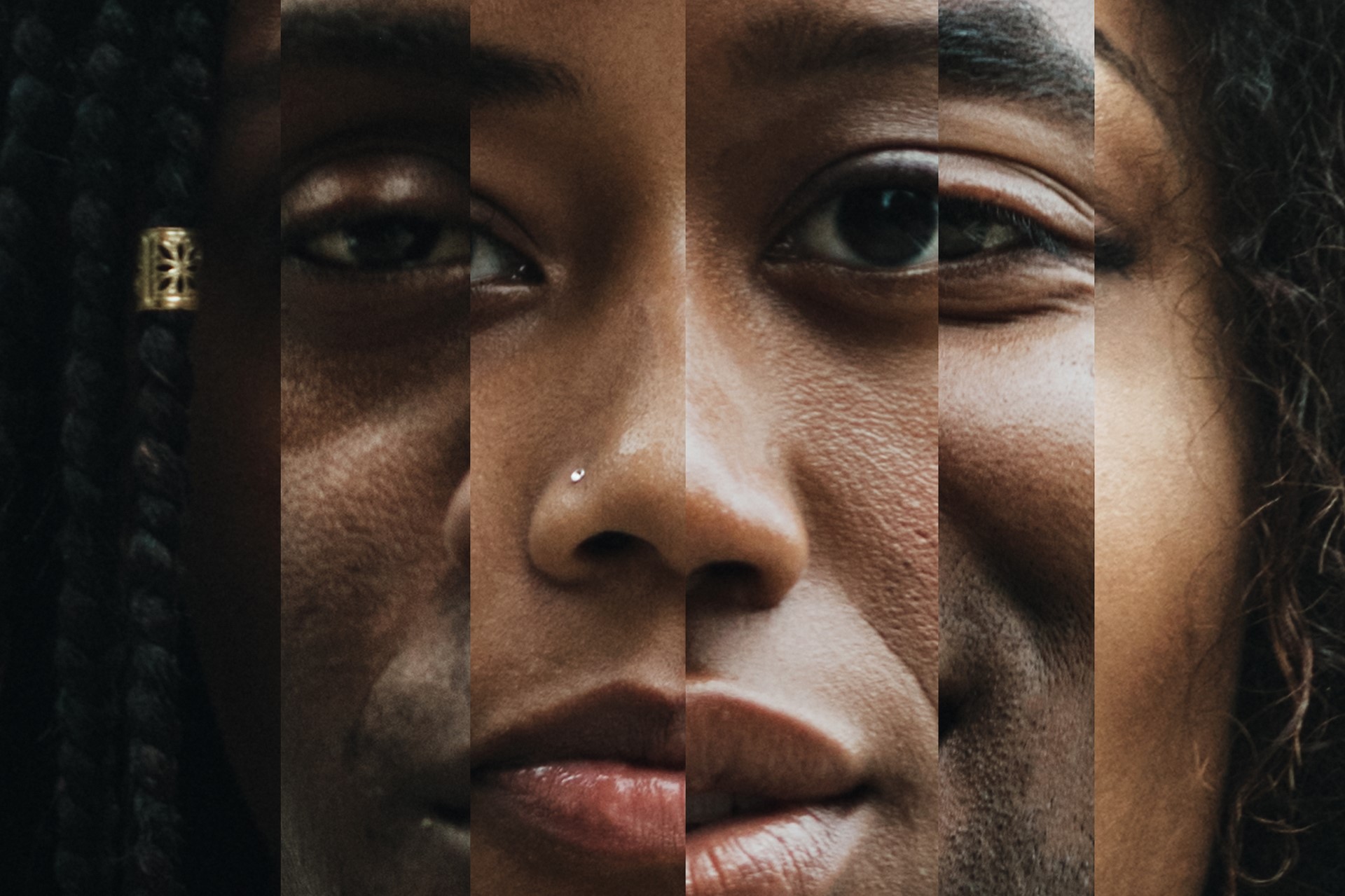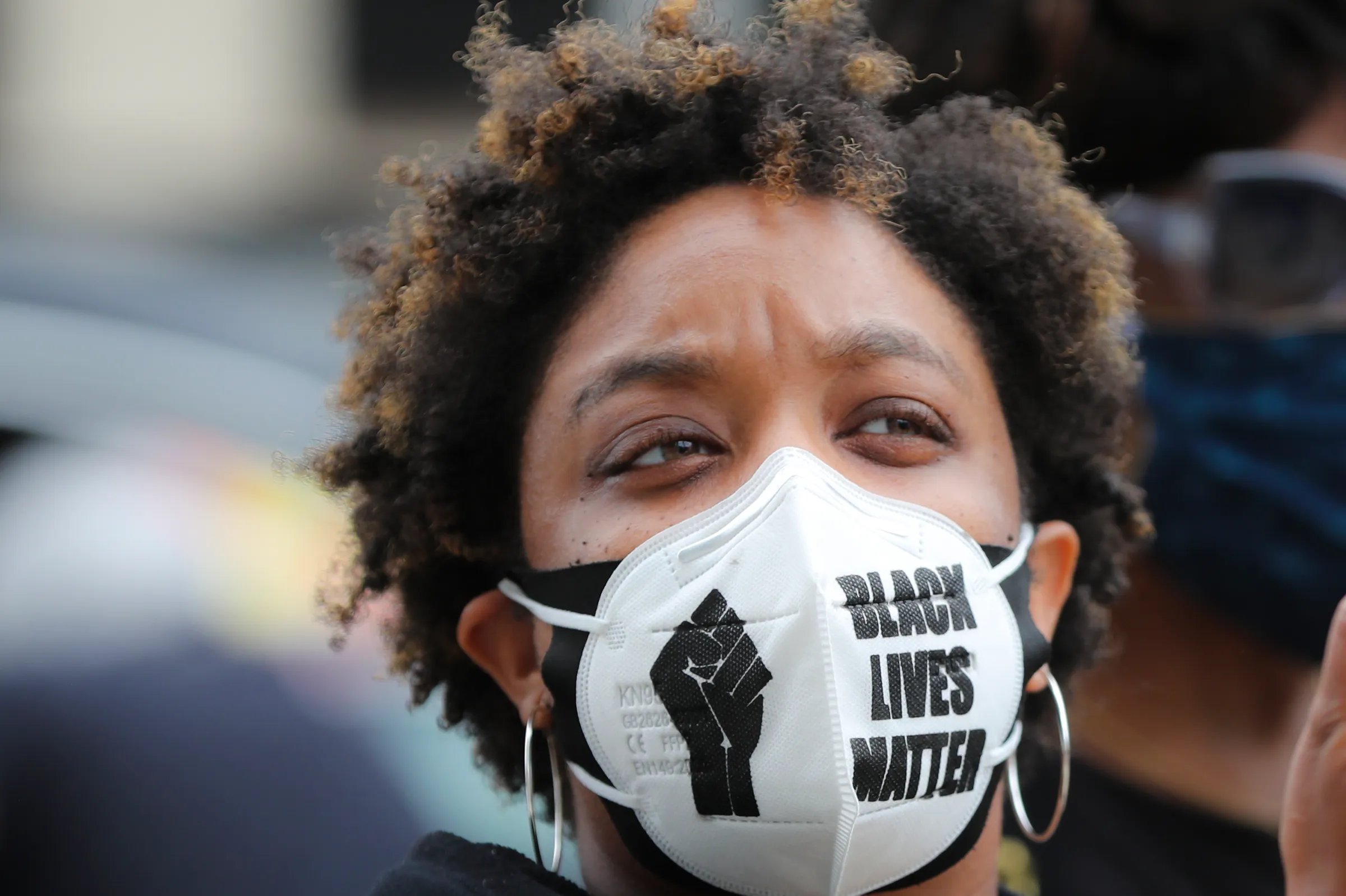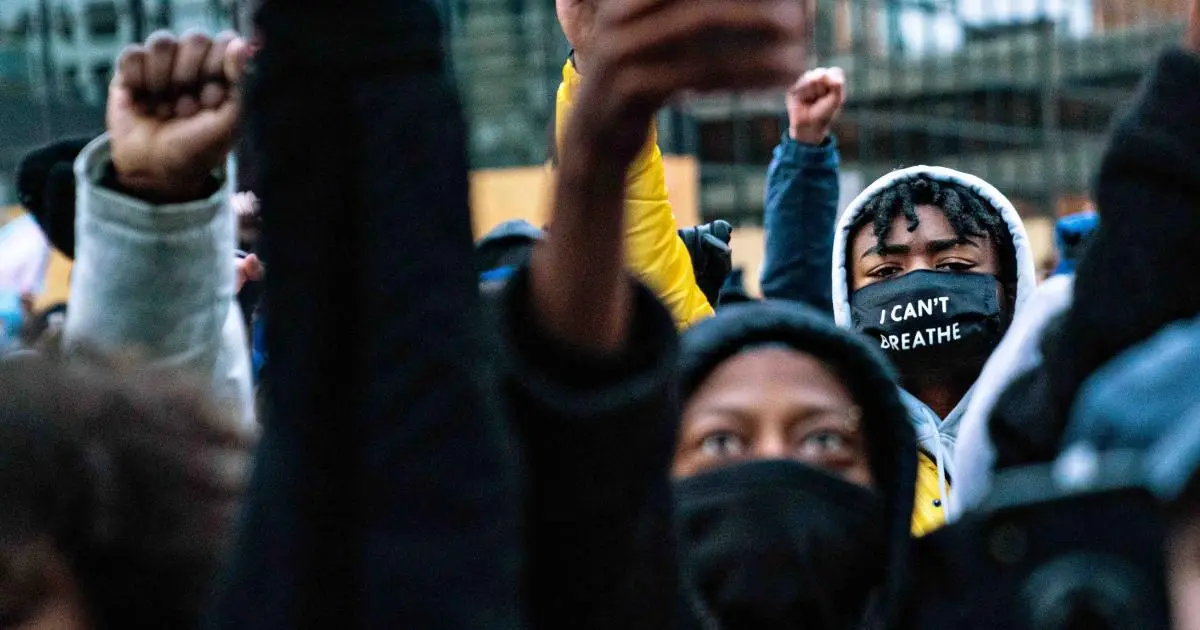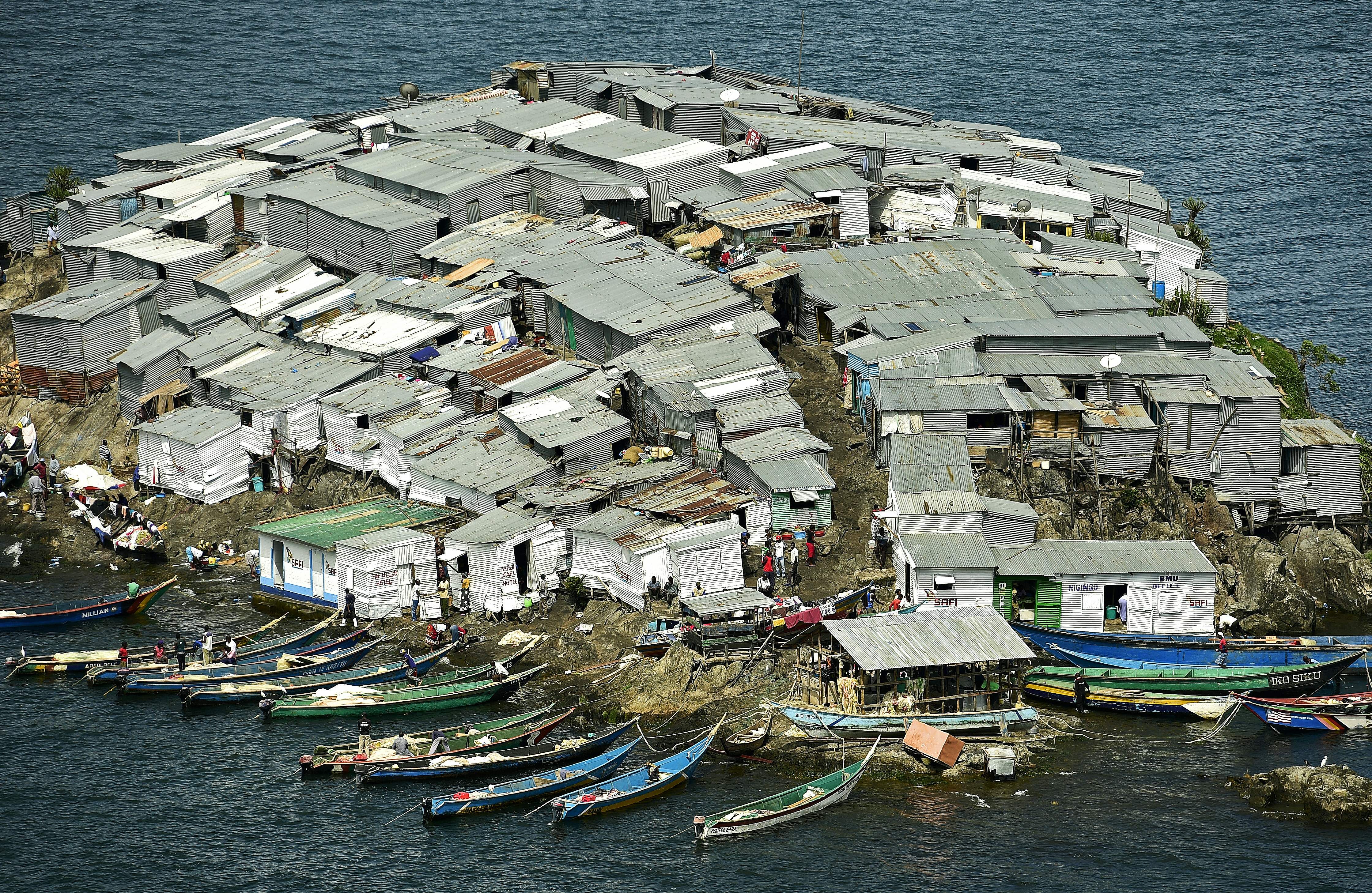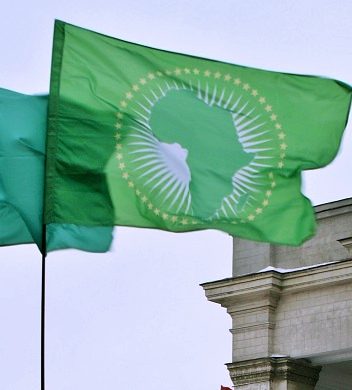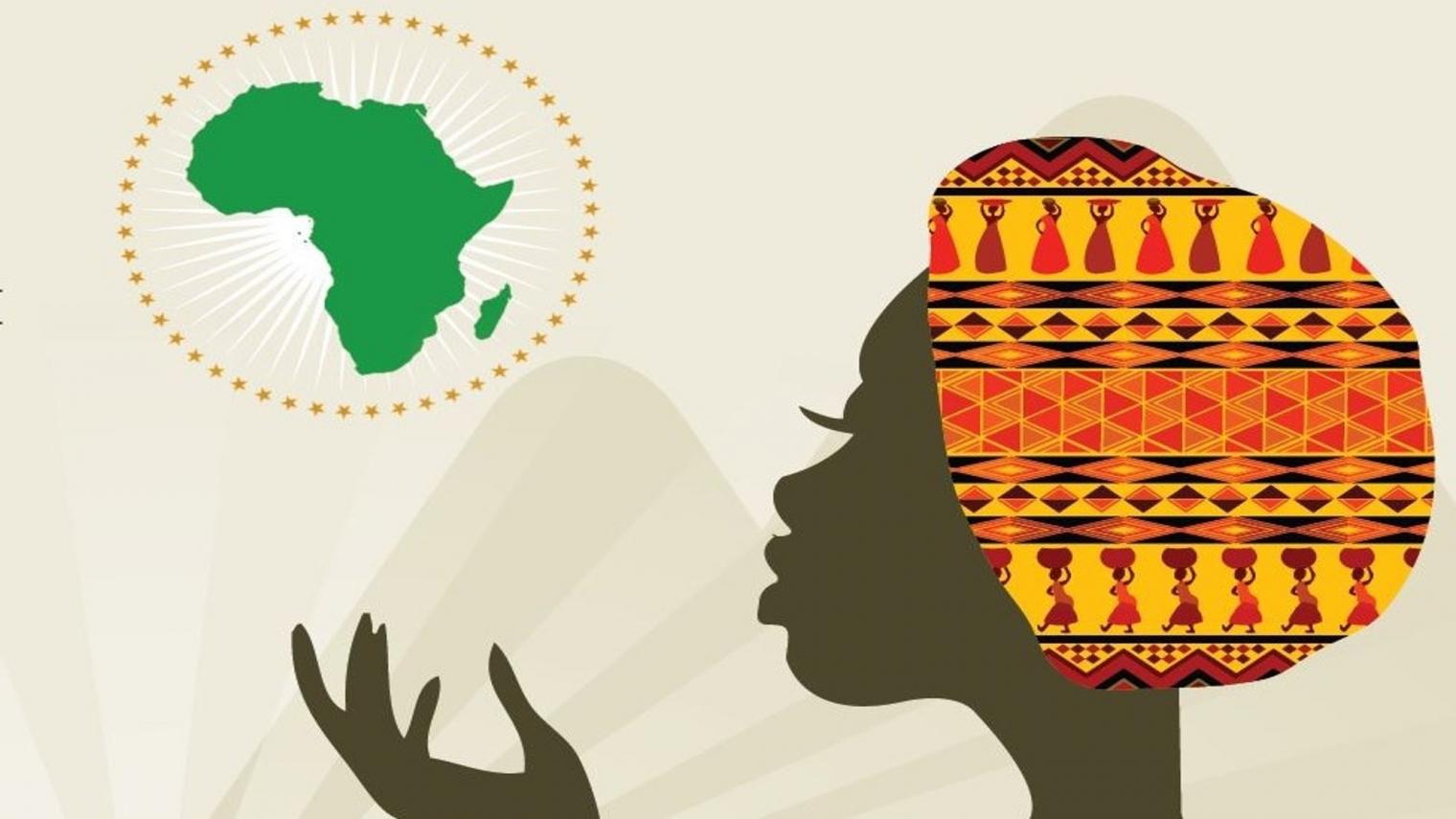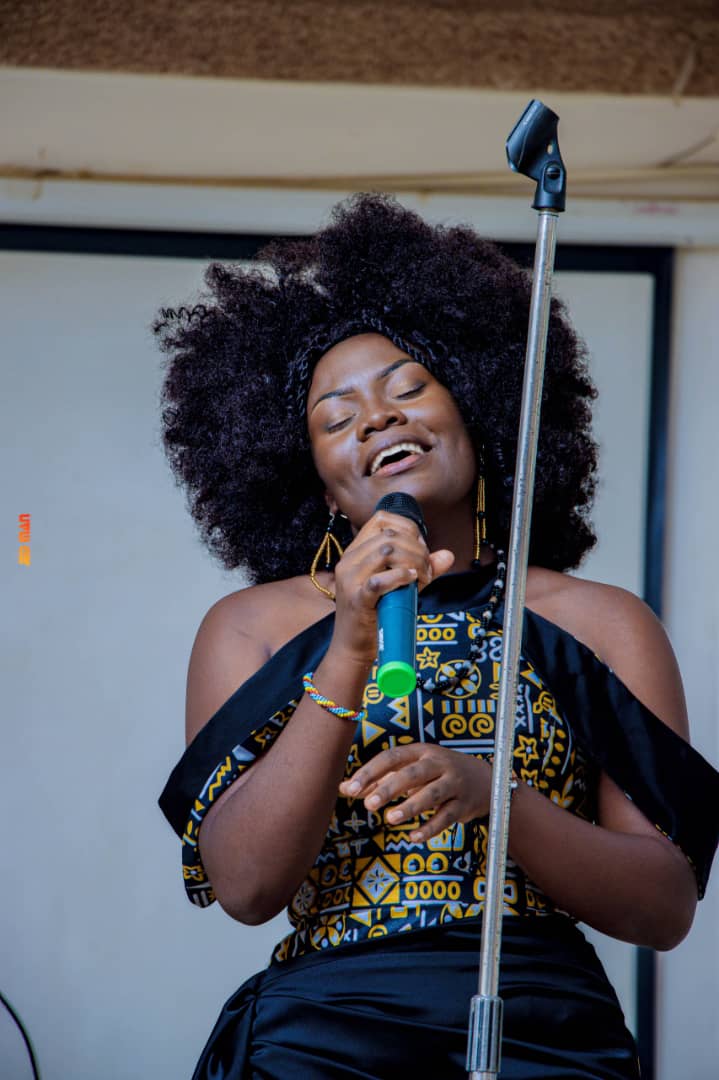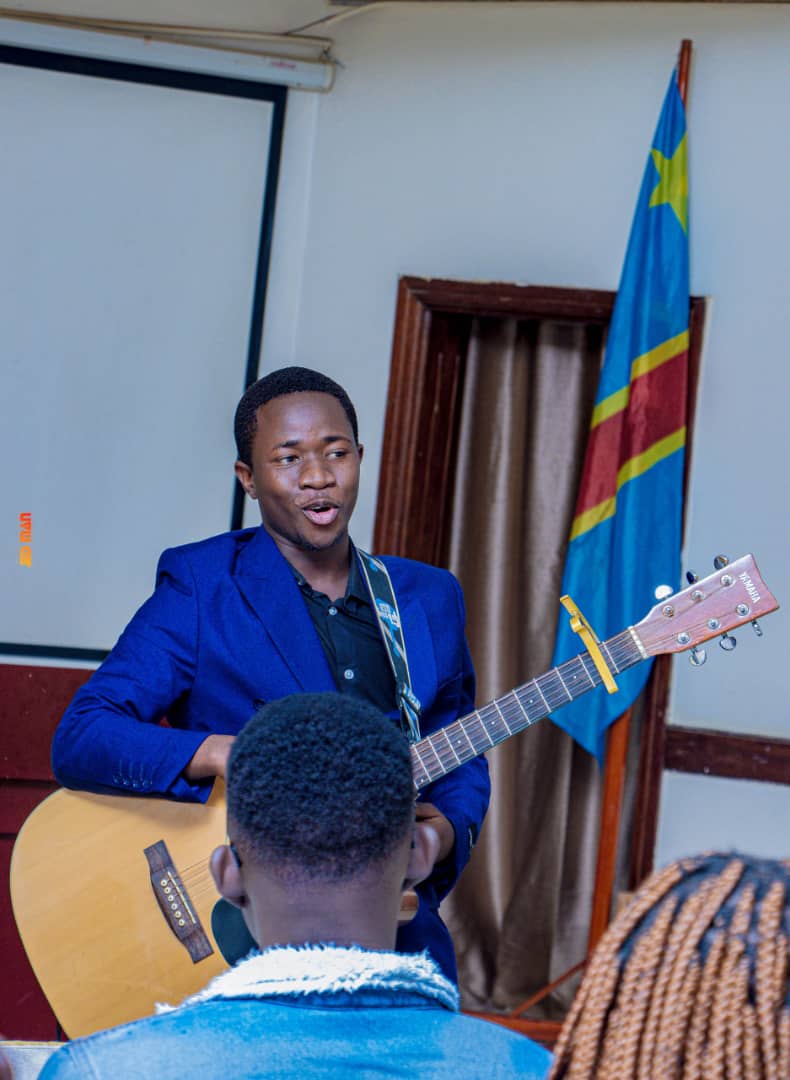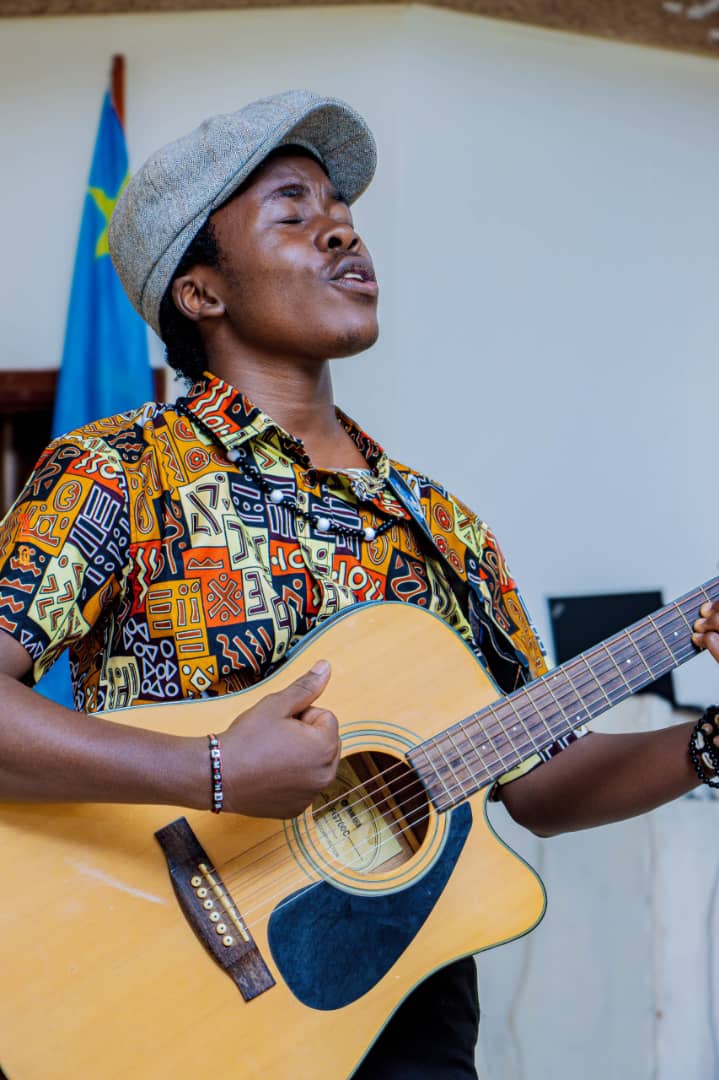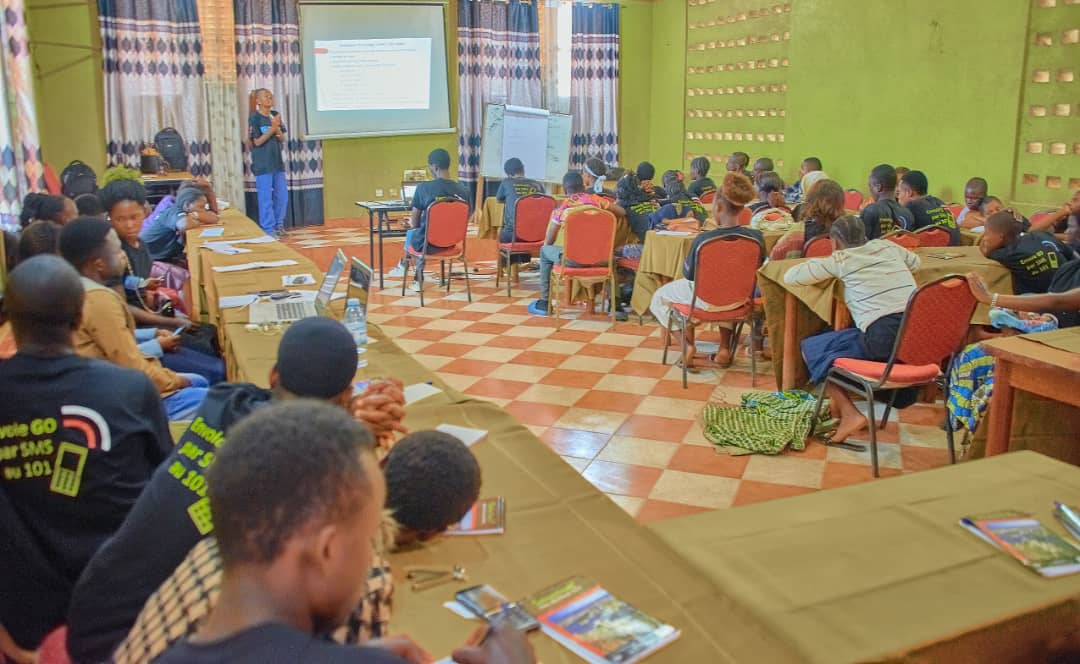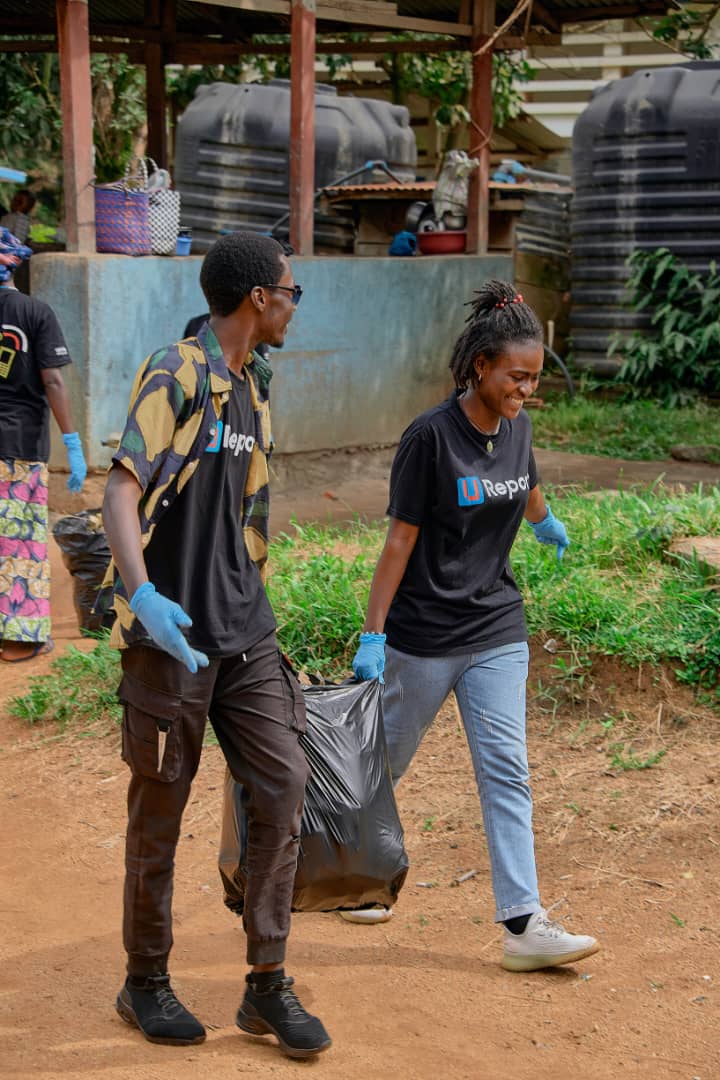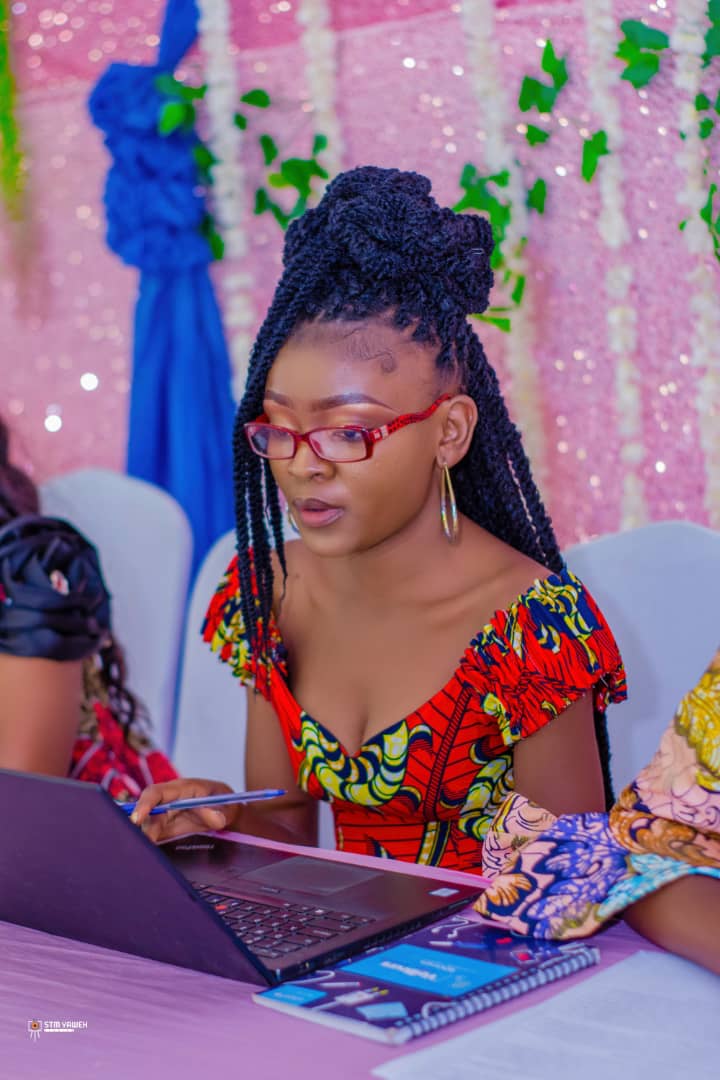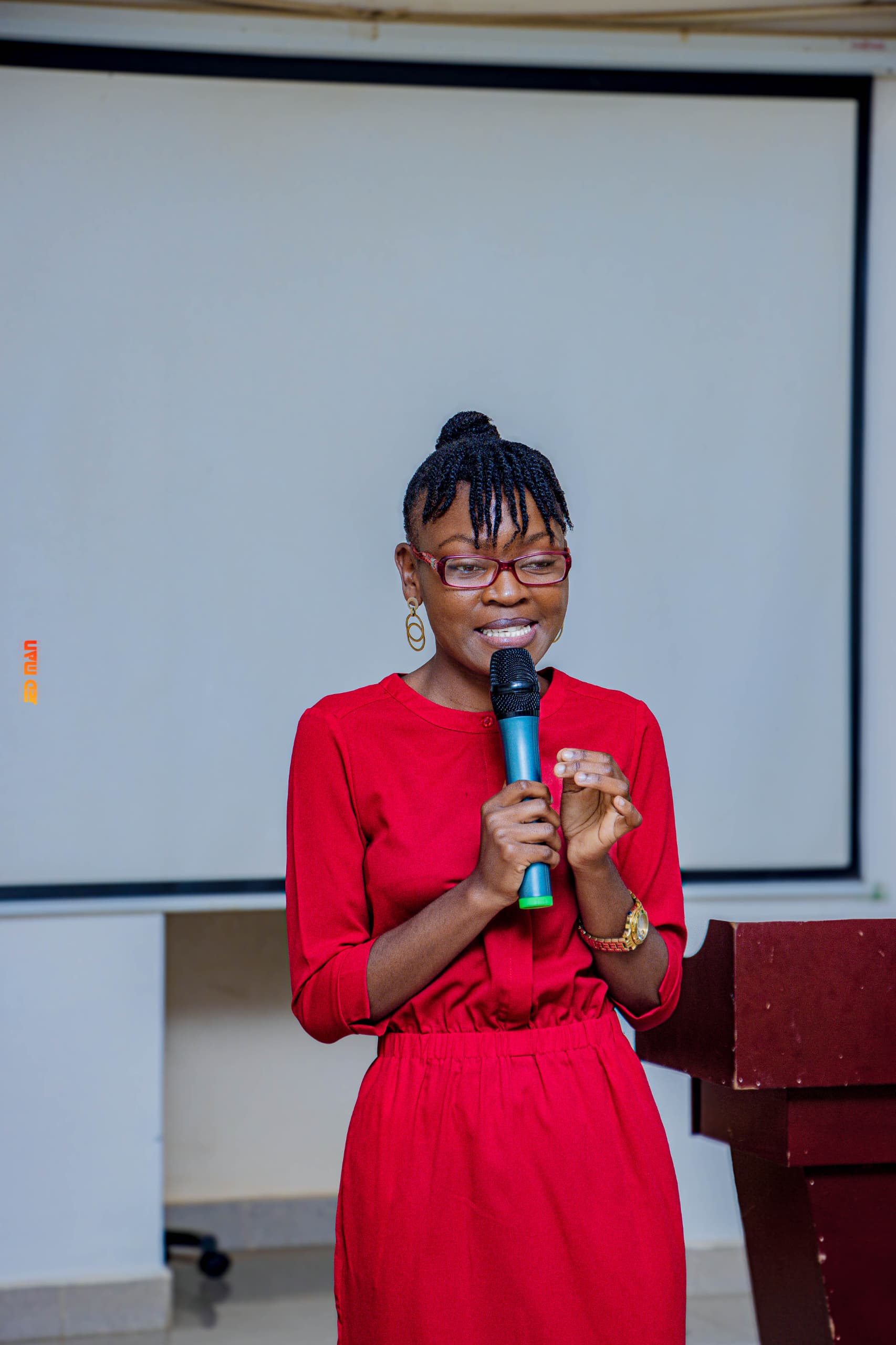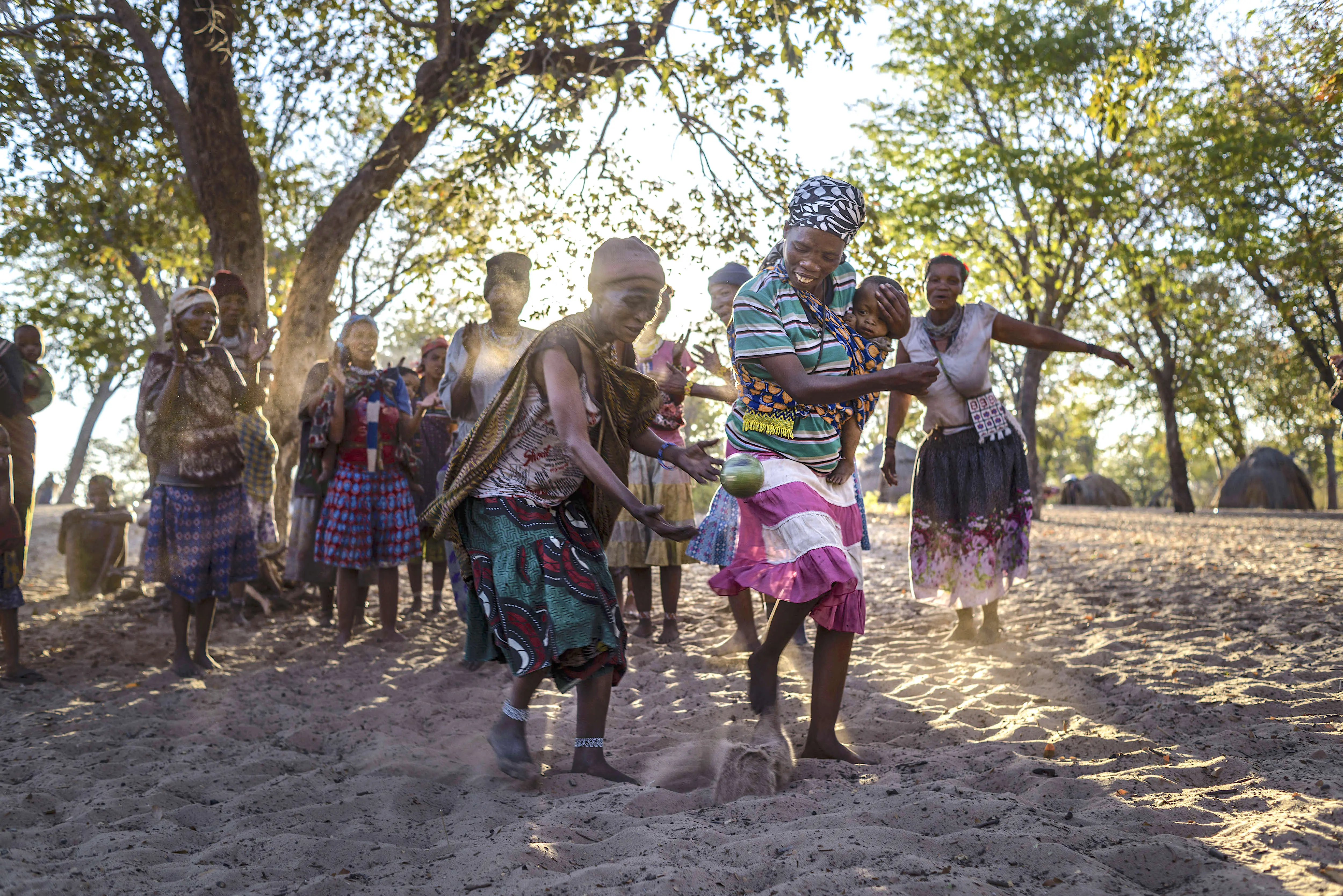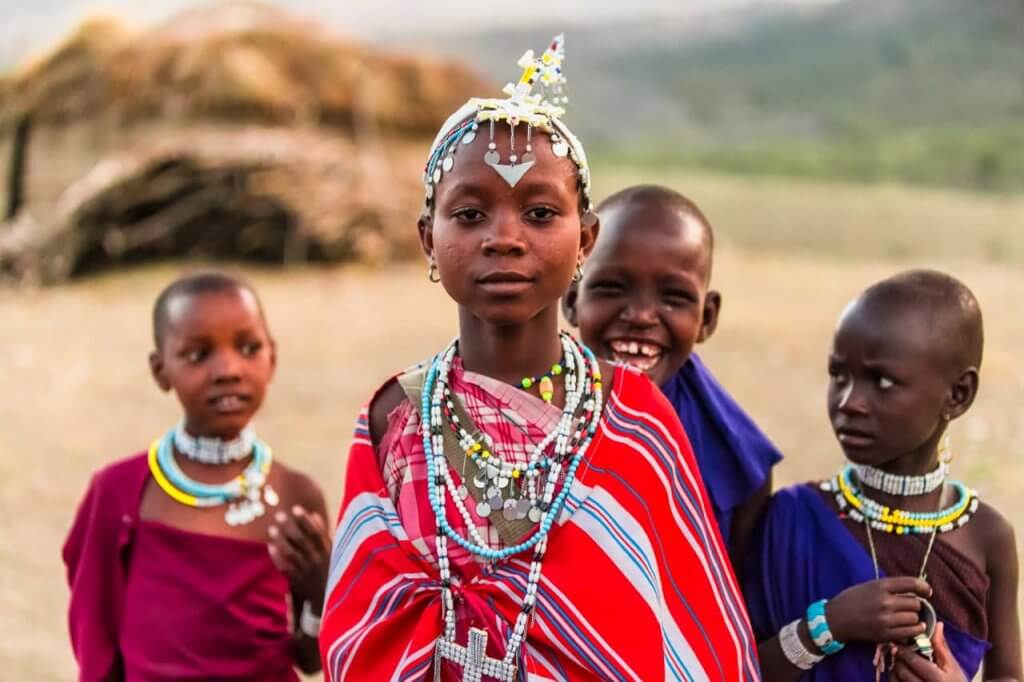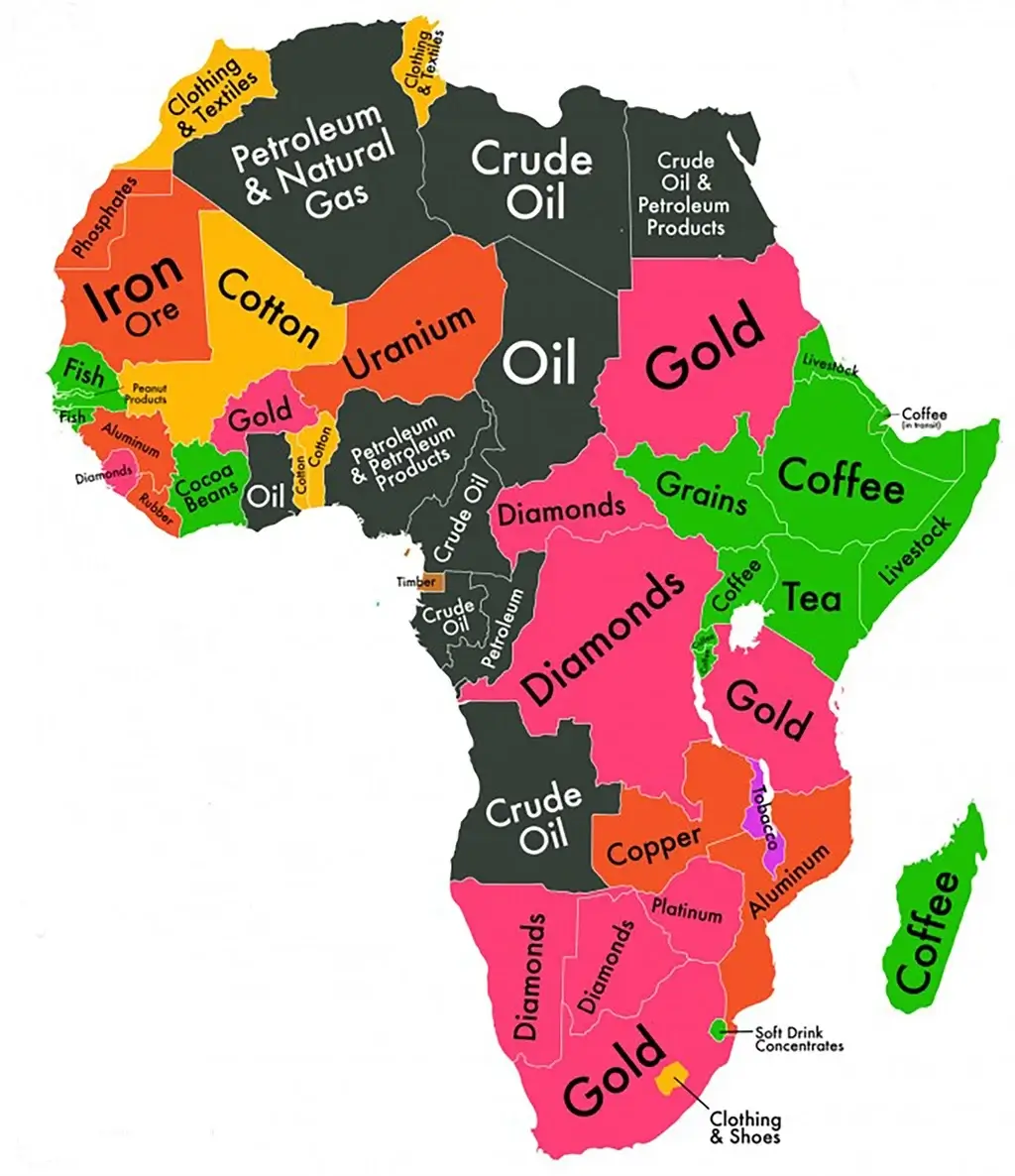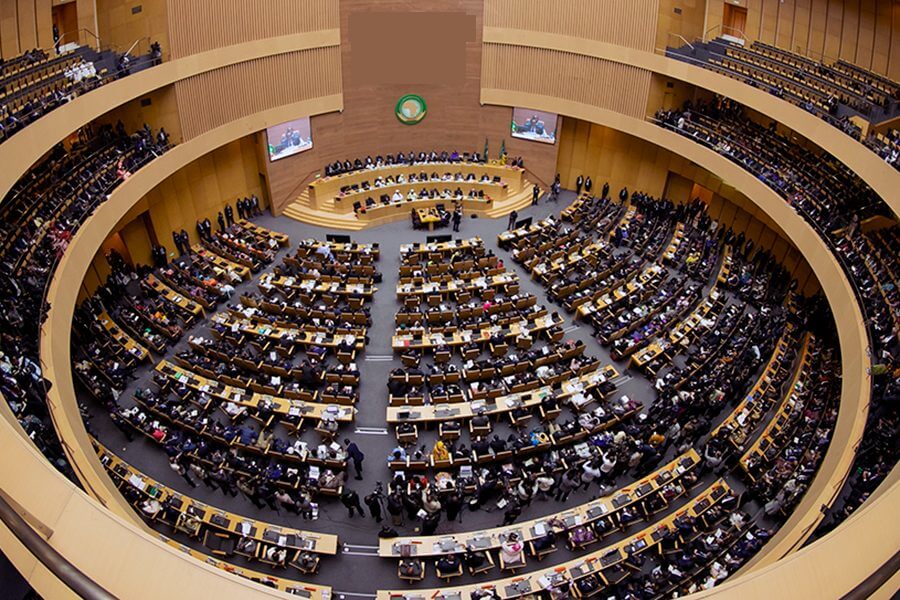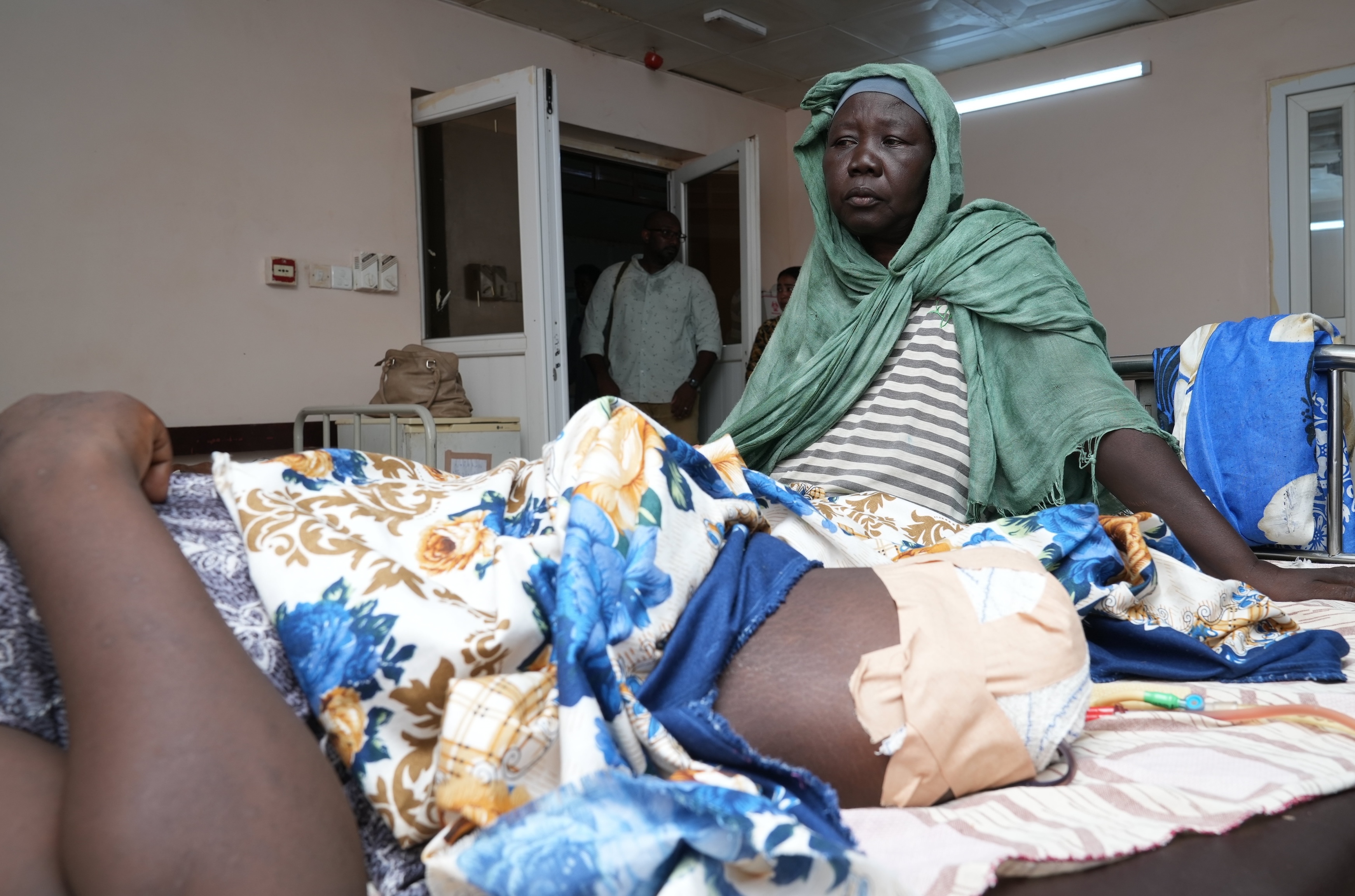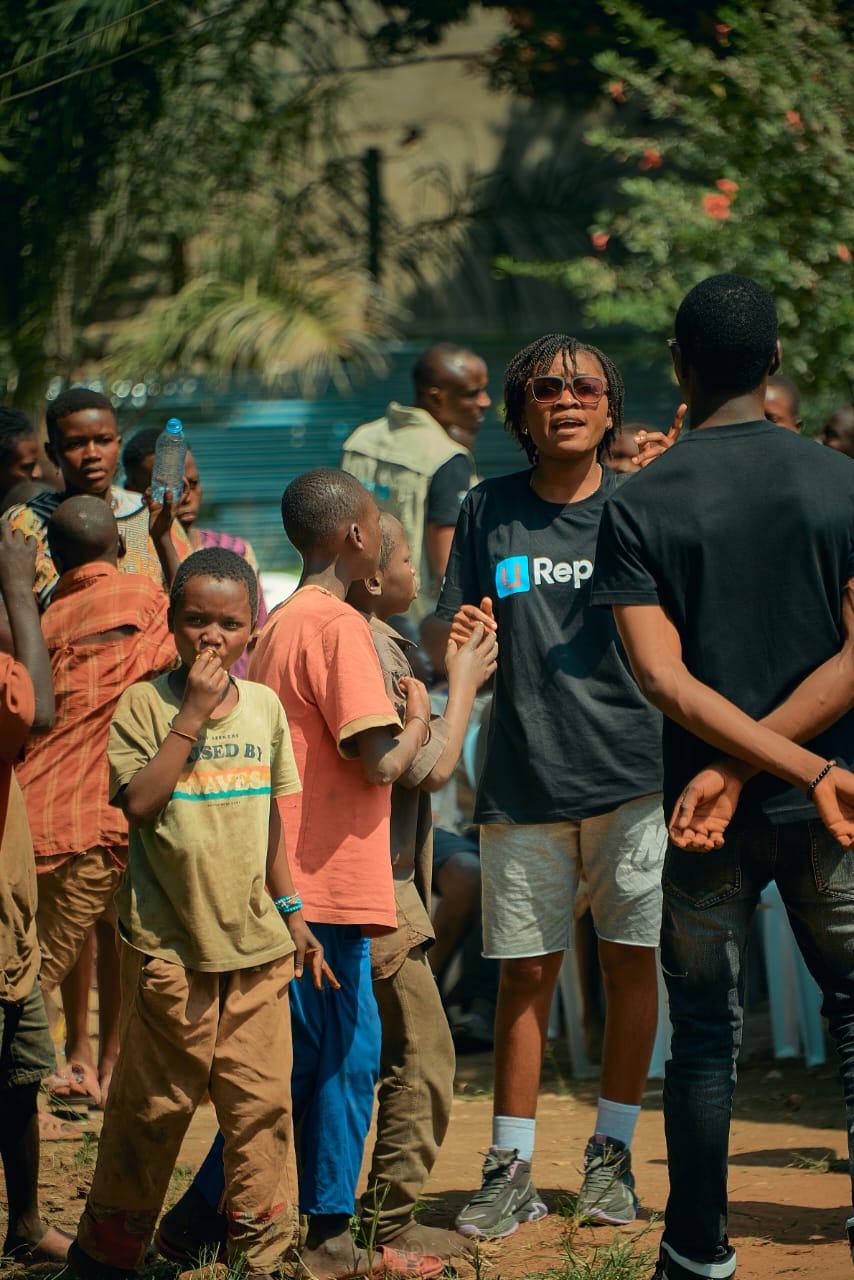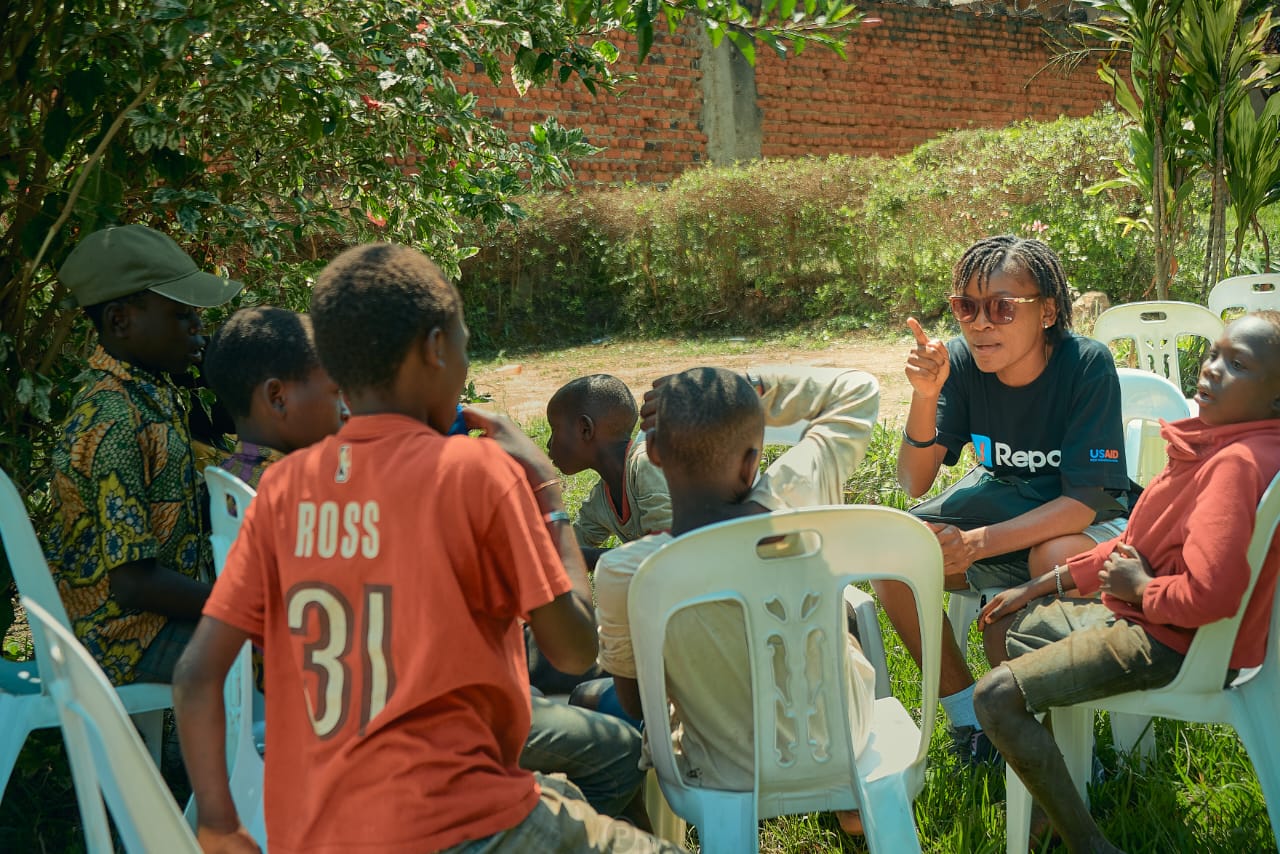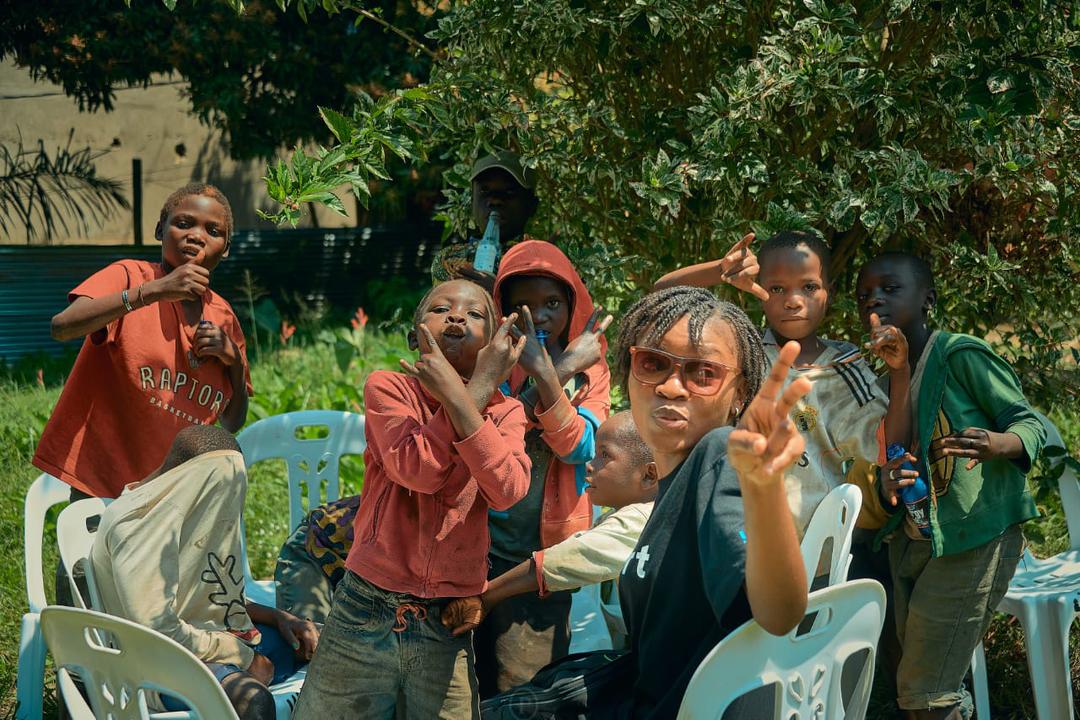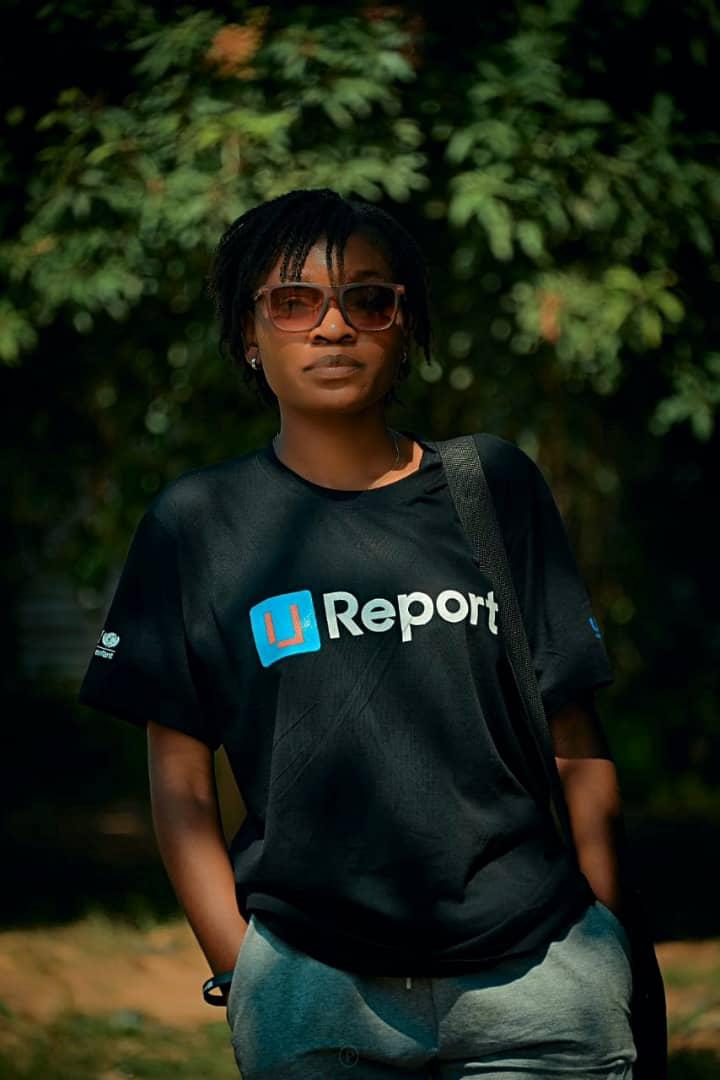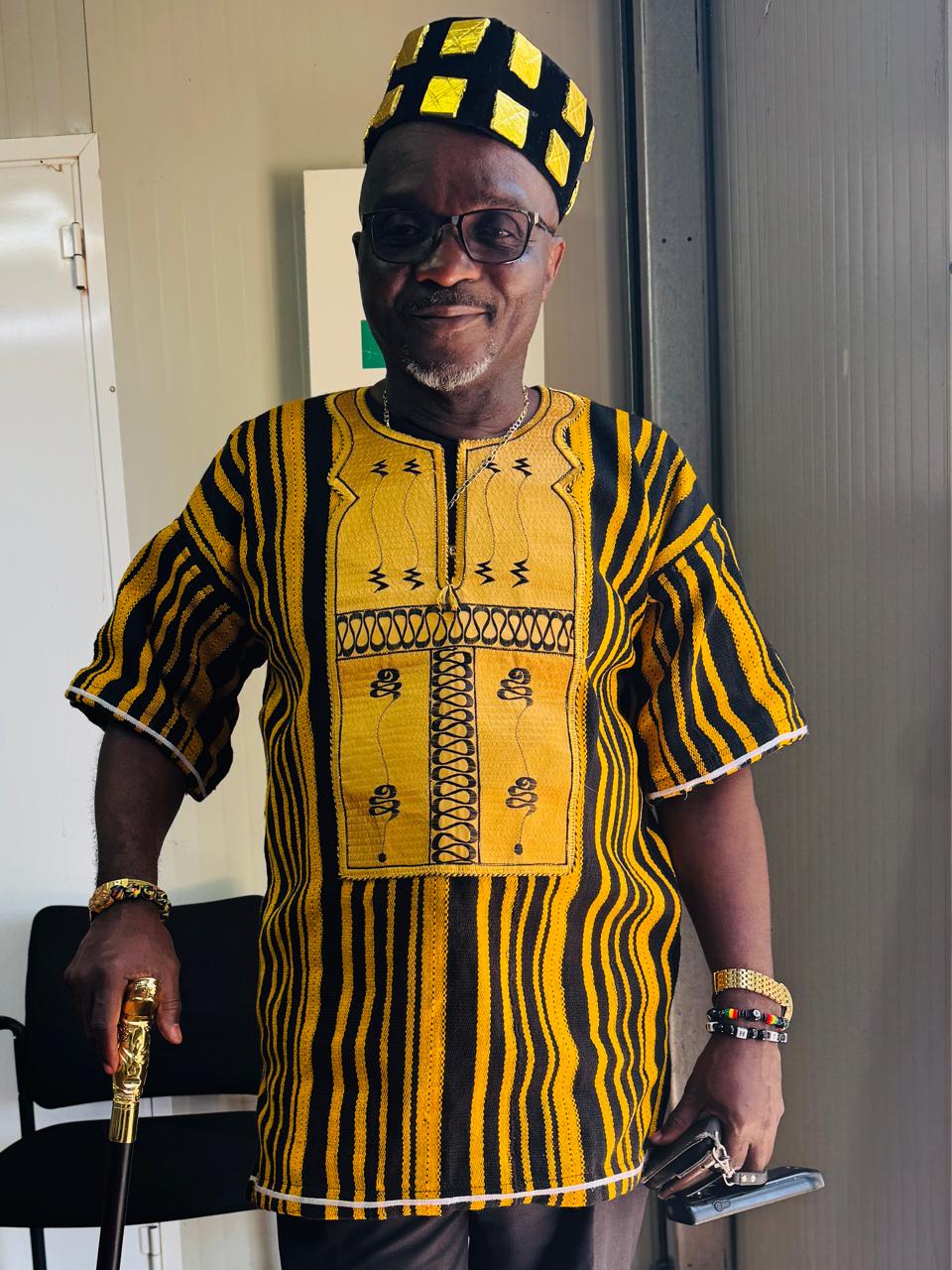Pan Africanist Promotion Team
The berlin conference: the biggest mistake of Africa
“We have artificial nations carved out at the Berlin Conference in 1884, and today we are struggling to build these nations into stable units of human society, We are in danger of becoming the most Balkanised continent of the world.” Julius Nyerere.
In the late 19th century, European nations started to look at the African continent as a more permanent resource base for their newly growing industrial sectors.
Dispite the ongoing trade between the two continents that had run for decades, the Europeans still wanted a direct control of Africa’s natural resources and said they aim to “develop and civilise Africa”, according to documents from that period.
And that’s how started the insane “Scramble for Africa”. Several colinies such as the Great Britain, Portugal, France, Germany along with King Leopold II of Belgium began sending lookout men to secure the deal and sovereignty treaties with local leaders, to buy and tie up flags and to put down claim to vast expanses of territory crossing th continent rich with resources from palm oil to rubber.
In order to avoid conflicts between them, all stakeholders agreed to a meeting in Berlin, Germany in 1884-1885 and the goal was to set out common terms and manage the colonisation process and no African nations were invited or represented.
Why the Berlin Conference?
In November 1884 at the Reich Chancellery, the German Chancellor Otto von Bismarck took up the duty of calling for and hosting the conference in Berlin at his official residence on 77 William Street.
French officials wrote a letter to Bismarck raising worries about Britain’s gains, especially its control of Egypt and the Suez Canal transport route. Germany, as well, was worried about conflicting areas with the British, such as Cameroon.
This conference lasted from November 15, 1884 to February 26, 1885 and the agenda was to have a clear mapping and agreement of who owned which area of Africa. The regions of tax-free commerce and free navigation, particularly in the Congo and Niger River basins, were also to be clarified.
Who attended?
14 countries were present at the meeting and four of them : France, Germany, Britain, and Portugal had already the control of the most African territory and were the chief stakeholders. King Leopold II of Belgieum had also send delegate to secure recognition of the “International Congo Society”, an association formed to establish his personal control of the Congo Basin and still no African leader was present because a request by the Sultan of Zanzibar to attend was dismissed.
What was the outcome?
For over three months of negociating , an act of 38 paragraphs was signed and confirmed by the European leaders that legalised and sealed the partition of Africa. The US ended up not signing the treaty because domestic politics at the time began to take an anti-imperialist turn.
The nations who were called to colonize Africa after the conference, drew up a ragged scramble of new African colonies, superimposed on existing native nations. However, many of the actual borders recognised today would be finalised at bilateral events after the conference and following World War I (1914-1918) when the Ottoman and German Empires fell and lost their territories but because it did not happen it left Africa in conflict of land sharing till today.
The Western ownership of African territories was not finalised at the conference, Liberia was the only country not partitioned because it had gained independence from the US. Ethiopia was briefly invaded by Italy, but resisted colonisation for the most part. After the German and Ottoman empires fell following World War I.
Take a look at how the colonial rulers claimed the continent in the early 20th Century:
France: French West Africa (Senegal), French Sudan (Mali), Upper Volta (Burkina Faso), Mauritania, Federation of French Equatorial Africa (Gabon, Republic of the Congo, Chad, Central African Republic), French East Africa (Djibouti), French Guinea, Côte d’Ivoire, Dahomey (Benin), Niger, Tunisia, Algeria, Morocco, Libya
Britain: Cape Colony (South Africa), Rhodesia (Zimbabwe), Bechuanaland Protectorate (Botswana), British East Africa (Kenya), Northern Rhodesia (Zambia), Nyasaland (Malawi), Royal Niger Company Territories (Nigeria), Gold Coast (Ghana), Anglo-Egyptian Sudan (Sudan), Egypt, British Somaliland (Somaliland)
- Portugal: Portuguese East Africa (Mozambique), Angola, Portuguese Guinea (Guinea-Bissau), Cape Verde
- Germany: German Southwest Africa (Namibia), German East Africa (Tanzania, Rwanda, Burundi), German Kamerun (Cameroon), Togoland (Togo)
- Belgium: Congo Free State (Democratic Republic of the Congo)
- Italy: Italian Somaliland (Somalia), Eritrea
- Spain: Equatorial Guinea (Rio Muni)
Did the conference change anything?
Some historians point out that unlike what is widely believed, the Berlin Conference did not just energize the colonisation process but accelerated it because before the conference, only about 20 percent of Africa was already taken by the colonial masters but after the conference, five years after, about 90 percent of African territory was colonised, including inland nations. Colonialists were believed to have largely disregarded previous alignments and grouped peoples of different cultures and languages together, even groups that were never friendly towards each other.
Researcher Jack Paine said the conference itself was of little consequence because some African countries were already mapped out in earlier expeditions and that many of the borders they recognised would not be formalised until much later but the main reason the conference was called was because Europeans had already initiated a ‘scramble’ for African territory”.
Paine and many other political scientists agree that colonisation determined the future of the continent in ways that continue to have profound geo-political effects on today’s Africa.
Tom Mboya from Kenya
Tom Mboya, a Kenyan nationalist leader and member of the legislative council was cheered by supporters at Nairobi Airport on February 27, 1960 on his return from a London conference where he won concessions from the British to give Africans a greater voice in their government. But even after African leaders successfully fought for independence and most countries became liberated between the 1950s and 1970s, building free nations was difficult due to the damage of colonisation, researchers say.
In a famous quote, Julius Nyerere, the former Tanzanian president, articulated what researchers agree is the current state of Africa: “We have artificial nations carved out at the Berlin Conference in 1884, and today we are struggling to build these nations into stable units of human society, We are in danger of becoming the most Balkanised continent of the world.”
Pan Africanist Promotion Team
Exploitation Of Children in Kenya's Sex Trade
The sexual exploitation of Kenya's children is a serious Issues, that affects thousands of young girls and boys deeply ever year. This issue exists in many parts of Kenya. It is so common in the coastal town and in some urban areas. Poverty have held some families, and the lack of opportunity have pushed many children into some situations where they're vulnerable to exploitation.
Where it Happens.
In popular areas like Mombasa, Malindi, and Diani, sex trade often targets young girls and boys between the age of 12 and 18. Some are lured by money fame promises food and gifts. Others are forced into the trade by their relatives who depend on them for support, others by the traffickers. Local and foreign tourists both play a major role in driving Demand. And some specifically go into those town to get those children.
Why it happens
Poverty it the biggest driver.
So many families in Kenya really struggle to meet some basic needs. shelter food and school fees. When parents can't provide, broken homes domestics violence and lack of parental guidance also increase vulnerability. The children may be sent to work and sometimes end up in a dangerous situation
The traffickers often prey on their children from rural areas, Promising them good life, jobs, and gifts in town or in the cities. After that the children are trapped in exploitative works including commercial sex. Some are victims of early marriage, which lead to sexual exploitation.
Since the rise of the internet and smartphones the risks have been so high. Children are targeted on line by stalker, predators, lurker. Who trick them into sharing sexual images or meeting in person. And some of these images are shared or sold without the child's consent causing them long lasting harm.
The Effort of laws and Protection
Kenya has a law that criminalize the sexual exploitation of Children. In the year 2006 the sexual offences make it illegal to have sex with anyone under the age of 18, and the counter trafficking in persons ACT 2010 punishes trafficking with heavy penalties. These laws also target traffickers, pimp and anyone who benefits from child exploitations.
NGO like Trace Kenya, HAART Kenya and Equality are now working to raise awareness, rescue victims and support survivors through counseling legal aid and training. International support like UNICEF and INTERPOL have also supported the programs to tackle online abuse and strengthen law enforcement
Challenges
Even with all of these laws many cases go unreported. Many of the survivors stay silent because of shame fear of stigma or even threats from the abusers. In some of the community’s people don't really trust the police anymore or they may see the child exploitation as a private family issue rather than a crime.
The huge problem is lack of resources, some of the police units and other officers do not have enough training or funding to investigate cases effectively. In rural areas victims may live very far from any support services making it hard to get help law enforcement. The online environment makes it more difficulty. Exploitation can happen in private messages or hidden groups Chat, making it hard for the authorities to detect and respond in time.
What need to be done.
The protection of children from sexual exploitation requires serous action from everyone families, government, communities and individuals.
Some important steps we can include:
- Improving online safety through education for children’s parents and teachers on how to recognize and avoid digital exploitations.
- Addressing poverty through the help of programs that provide families with stable income reducing the pressure on the children to work.
- Supporting survivors with shelter counseling education and skills training so they can rebuild their lives
- Strengthening law enforcement so police and prosecutors can effectively investigate and convict offenders
- Raising public awareness to help communities recognize exploitation and report it
Conclusion
Sexual exploitation of children in Kenya is really a deep and painful issue; it's rooted in the poverty and inequality but fueled by greed and abuse of power. Yes, progress has been made through stronger laws and community programs, much more need to be done. Every child deserves safety dignity and the chance to grow up happy and free from exploitation. Protecting them is not only legal duty also moral responsibility shared by all
Pan Africanist Promotion Team
Slavery, Discrimination, Crimes Against Humanity, Racism and Hate Speech Who is the Real Victim? Africa or Them?
I was born in an era when the continent of Africa was struggling to gain independence, fighting against ‘apartheid’ on her own soil, crying to be freed from slavery and seeking for justice for crimes against humanity. I woke up seeing the resources of Africa being massively looted by empires of thugs known as colonial/imperialist masters.
Africa! Why should this be done to you? Why should you be used and divided to the detriment of your citizens while puppets calling themselves political leaders continued to serve the criminals that divided Africa?
They saw our rich cultural, traditional values and mineral resources for which they sat in Berlin while their head in the West dictated and guided them on how to unite and divide the black continent of Africa.
My question is to the United States of America, United Kingdom, France, Europe and their allies did Africans rush to your territories and petition them, scrambled over them, made boundaries in them, steal your resources and enslaved you people? Let us look at South Africa [a black man’s land and home]; the ‘Whiteman’ came and cruelly treated our people in all manner and forms; USA never said a word but of recent a racist American President humiliated the President of South Africa with lies.
A case study of Congo [the Berlin Conference of 1844 – 1845 was a meeting of colonial powers that concluded with the signing of the General Act of Berlin, an agreement regulating European colonization and trade in Africa during the New Imperialism period].
What were the three causes of the Berlin Conference? The Berlin Conference was caused by three major Issues: General commercial interests, the North African situation and the conflict concerning Congo. Who led the Berlin Conference of 1844?
The conference of fourteen countries was organized by Otto Von Bismarck, the first chancellor of Germany, at the request of King Leopold II of Belgium at a building on Berlin’s central Wilhelmstrasse.
What were the three conditions of the Berlin Conference of 1844-1845?
The first was to recognize the territory that King Leopold II claimed as his private property. The second was to recognize some existing territorial claims in different parts of Africa.
The third, and most important, result of the conference was to set up a way for Europeans to claim and annex territory in Africa.
What place were Africans given at the Berlin Conference?
The Berlin Conference was in 1844-1845 and the purpose was to divide up the African continent by claim and by the rule of occupation. What place were Africans given at the conference table in Berlin? Africans were not given a place at the conference table in Berlin. They were not invited just as were done by all other international organizations that I consider are Trojan Horses against the unification of Africa.
What were the five main reasons for the colonization of Africa?
- Africa was a place where Europe could sell products.
- Africa was a place where Europe could get raw materials.
- Africa was a place where Europe could get mineral wealth.
- Investors could make money in Africa.
- Colonies could provide food and space.
The time has come for Africans to unite and reclaim what rightfully belongs to us. Africa belongs to Africans and not the West and her colonial allies. We should no longer allow for them to write our history but as Africans, we should rewrite our history detailing the atrocities they committed against us, the crimes they committed against us need justice to be meted out against the perpetrators.
From West to East, from South to North the bloods that were wasted are crying for justice and reparations. I hear the voices of true Pan-Africanists that they killed are crying for justice and unity.
To keep their designed plans alive and well going, they established various bodies with fake meanings and imposed them on Africa when in fact the so-called purpose for which they have in black and white is contrary to the real intent of keeping Africa divided, underdeveloped and poor.
The World Bank, International Monetary fund, Word Trade Organization and other international organizations for humanitarian and so-called peace of the world are not for what is written in black and white but on the contrary.
According to the history they wrote, only four African countries attended the founding of the UB in 1945 at the San Francisco Conference between 25 Apil to 26 June 1945 and they were the Kingdom of Egypt, the Ethiopian Empire, the Republic of Liberia and the Union of South Africa as they were known then without any powers but only the permanent five members [P5] (United States of America, United Kingdom, France, Russia and China. African heads of States [countries] have always been manipulatively used the P5, especially the Western block against Russia and China.
My question to us Africans is this: can your slave master be the one to advise you on how to have peace and develop? Can your enemies be your peacekeepers? The answer is NO! They are sheep in wolf skins. Has any African country sat in any strategic meetings for the USA, France, Great Britain, China, Russia and or Europe? The answer is NO!
The fact of the matter is that if the USA got united, Europe got united, Russia and China on the one hand, please I am requesting that African must united and become one removing all those imaginary boundaries and vices [such as resident permit, work permit, visas] from us and allow us to freely move in Africa, work in Africa and live in any part of Africa.
Common sense: If a Ghanaian went in Tanzania to live and bought land and developed it. After some time that person decides to leave, will that person take the land and travel with it? First and foremost, that person has contributed to the economy, development and created job for Tanzanians. If you cannot allow the citizens of Africa to easily co-exit in Africa, you and enemy to the continent of Africa. Stop preaching Pan-Africanism when you are an agent to neocolonialism and imperialist master errand boy or girl.
The white man is not a victim to slavery, discrimination, crime against humanity, racism and hate speech but rather Africans and the black man are and have been the real victims.
My final questions in this paper are as follows: a. When will the neo-colonial masters allow Africa to freely decide for themselves? b. When are African leaders going to stop working for the colonial powers and unite in the interest to the citizens of Africa? c. When will they accept the numerous atrocities committed against Africa? d. When are they going to be held accountable for the inhume crimes against humanity carried out in Africa? e. When are they going to accept responsibilities for the many coups they orchestrated in Africa? f. When are they going to say the truth behind the assassination of Late President Williaw Richard Toblert, Jr of Liberia and remove the blame from Mr. Samuel Karyan Doe.
Pan Africanist Promotion Team
Migingo Island: The Smallest Island with Huge Geopolitical Importance
Have you heard about this tiny but busy rock in lake Victoria ? The Migingo Island.
It is very captivating how unique this place is. Located in Lake Victoria, the largest tropical lake on Earth, this small sized Island measure just 2000 square meters wich is around half the size of a soccer field and it is one of the most compactly populated islands in the world.
Located on the frontier between Kenya and Uganda, this island is a home to more than 500 people, making it an exceptionally crowded island and an amazing place for fishing. Fishermen from Kenya and Uganda are the main population drawn to this Island because of its closeness to rich fishing grounds full with Nile perch fish.
Origin...
Studies show that the discovery of the Migingo Island is recent. Settled in the early 1990s with the decrease of Lake Victoria’s waters, this outcrop rock was disclose. Two kenyan fishermen called Dalmas Tembo and George Kibebe were the first people to occupy this Island in 1991 right after its discovery. It is later then that fishermen from other East African countries (Uganda and Tanzania) started coming in because of the generous amount of fish in the environment.
Regional quarrel...
Aroud 2004, Uganda and Kenya were under severe tensions over the Migingo Island. According to history, Ugandan marine police reported the exitence of this Island and went about taxing Kenyan fishemen and this led to severe tensions between the two countries till 2009 and no negotiation could stop the conflict.
The Migingo Island is full of life. You can find bars, brothels,restaurants and pharmacy. Fishermen are in water during day in search of fish and go back to their home (the Island) at night to live in community.
This small-scale rock has been officially part of Kenya since 1926 when colonial boundaries were defined but also had jurisdiction claimed by Uganda in 2004 making the diplomatic relations between the two countries tight with mentioning the struggle over the island as "Africa's Smallest War" yet it’a home to an industry worth millions in exports.
Economic contribution of the Migingo Island...
The Migingo Island actively contribute not only to the local economy but also international. The waters around the island are of full Nile perch, a very desired fish. The fishing industry on the island provides livelihoods for many people and contributes significantly to the local and international economy.
Over 100 boats bring in their catch to the island every morning. The fish are weighed and sold to buyers, including fish processing firms. These firms then transport the fish to the Kenyan mainland, from where it is exported to Europe and beyond.
The fishing industry on this Island have a key capacity in food security and economic growth for the region. This Island supply jobs not only to the fishermen but also for those involved in the tranformation and transportation of the fish. The income generated from fishing supports families and contributes activily to the local and international economy.
Tourism in the Migingo Island...
it will only cost you up to 250 USD to visit this Island in a period of time between one and two hours using a speedboat journey making tourism very cheap in this area.
This tiny rock will provide you happiness by doing severale activities that will enrich your experience with cultural insights such as fishing expeditions, cultural tours, relaxation and scenic views.
Tourism in this area is capable to boost the economy of Africa only if taken seriously. It can generate revenue to the countries aroud, can supports local businesses , can creates employment opportunities to the youths and can revitalize communities.
African leaders who are in charge of this area must consider the importance of this Island in order to boost the economy and to create a sustainable development for their people because tourism can provide not only econmic gains but also can create an inclusive and sustainable world.
Pan Africanist Promotion Team
Urgency for African Unification: Moving from Symbolism to True Solidarity
Across large water bodies and geographical boarders behold truth remains of the existence of Africa’s children at each corner of the earth, from the bustling streets of Lagos to neighborhoods of Harlem and from the townships of Cape Town to the artistic enclaves of Brazil’s Salvador, thrives the African spirit yet too often the connection between the continent and its diaspora exists more in tales than strategy.
This is our time to shift Pan-Africanism from rhetoric into real policies and from flags at festivals into strategic frameworks for lasting solidarity.
Pan-Africanism is more than a Dream!
Pan-Africanism, having originated as a vision uniting Africans worldwide against colonialism, racism, and exploitation, with leaders like Kwame Nkrumah, Marcus Garvey and Lumumba emphasizing not just black pride but also benefits of a united global African family. Decades have passed but the continent is still facing difficulties in creating strong practical ties with its diaspora beyond yearly summits and symbolic acts.
I therefore summon fellow African youths to unite with a common language of a united African States where UNITY STEMS FROM ACTION in sectors of economics, education, technology, culture, and diplomacy.
Education and Knowledge Exchange
With a large number of Africans in the diaspora working as professors, scientists, doctors, and innovators triggers a question that requires an answer. How often are their talents effectively utilized back home?
Brain drain a commonly listed high school(college) point as one of Africa’s problems tending to an anthem as students in Africa can testify how the point bails out many in passing exams, however, for decades we see new graduates each year but the very problem keeps being valid.
Why? Because the educational systems introduced to us where meant to enable us juggle with grammar not juggling with the knowledge in it thereby resulting into a generation of learned slaves paying highly to go and offer cheap labor as for colonialists continue coming to deplete our minerals, herbs and oil while we are away offering cheap labor back in their states, a clear sign of some degree of mental slavery that still exists to date.
Why not Brain gain?
I envision an AFRICA FOR ALL AFRICANS, BY AFRICANS; one where systems are designed to bring knowledge back, with initiatives like Ghana’s “Year of Return" evolving beyond tourism; one where African Universities establish faculty visiting programs and as well form long term partnerships with diaspora scholars, a global United African States(UAS) that embraces technology exchanges and research collaborations that reconnects African knowledge with its roots!
Not forgetting South Africa’s Square Kilometer Array project, a perfect demonstration of collaboration between international scientists including those from the African diaspora and local universities having the potential to yield world-class innovation with an immense potential, one upon us as Africans to organize and capture.
Brothers and sisters enough is enough! Yesterday is gone, tomorrow will never come for now is the time to ignite the spirit of Ubuntu, the African pride and dignity with similar efforts as of our fore fathers and correcting the failures in their previous policies and approach for it’s the only way to show them sincere gratitude, and the best way to reward them rather than tormenting their souls gossiping about them as though it’s some kind of third religion introduced by Africans following Islam and Christianity by Arabs and Missionaries respectively, worse even creating countless history books and articles with their names inclusive all for individual rational selfish reasons, for I objectively agree that “greed is the root of all evil” NOT “money" . Out of uncontrolled greed yields jealousy, corruption, man slaughter, betrayal, theft, unfaithfulness among partners, to mention but a few.
Well I understand absolute absence of greed in a person is just next to impossible and for this reason I feel I should clarify this, as a philosopher and a philosophy graduate in objectivism Philosophy(The philosophy of living on earth), it has it clearly noted that man is born naturally greedy and rational with every first thought serving his own individual interests first before the rest. But how about integrating it from being individualistically rational to African rationality with each African descendant speaking a common language of a unified and prosperous Africa?
For our enemies knew the power of unity beforehand thereby joining together forces to split us into British and French territories! Brothers and sisters, a wise comrade who mentored me to be who I am today as far as embracing my African roots are concerned to an informed Pan Africanist who is strongly rooted in African heritage once told me that, “It’s the brain we need to win the African struggle”, and i understood it for I didn’t just listen to that phrase, changing my perception of how I viewed knowledge, from just knowing variety of concepts to making each piece of the variety do the work at every chance I get, and from an aspiring motivational speaker to a silent doer, hopefully someone reading this picks a leaf and for those who knew this already congratulations. Gone are days of playing victims, for it is time to adopt a survival mentality for those who haven’t till now. Standing fearless in solidarity to face the exploiters is everyone’s role to agree on. For they come not to help but to take from us, offering us a slice of bread but taking a full hectare of wheat flour in return, they break our legs this hour so they bring a wheel chair the next hour as they access the mines while our limbs are no longer able. Fellow Africans, we are not mentally lame and what they do, we can do better in unity and solidarity.
Proud to be African, Africa flows in our blood and within Africa which is richly blessed by mother nature we can only find fulfillment, regain our long lost dignity, freedom and rest.
As Africans, Africa is part of us and we are part of Africa.
Remember that cultural pride can as well be turned into economic power.
Original piece author: Dianah Lwanga
Pan Africanist Promotion Team
By, Esther Salumu
Africa at the center of climate protection.
Did you know that Africa owns the second lagerst rainforest, crucial for regulating the world’s climate ?
The Congo Basin contains over 314 million hectares of primary rainforest wich is the oldest, densest and most ecologically significant kind.
This rainforest plays a very crucial role in the stability of the world’s climate and covers over nine countries in central Africa (Angola, Cameroon, Central African Republic, Democratic Republic of the Congo, Republic of the Congo, Burundi, Rwanda, Tanzania, Zambia). These countries have part of their territory in the Congo Basin.
How ever, conventionally six countries with extensive forest cover in the region are generally associated with the Congo rainforest, this include Cameroon, the Central African Republic, the Republic of Congo, the Democratic Republic of Congo (DRC), Equatorial Guinea and Gabon. Of these six countries, DRC contains the largest area of rainforest, with 107 million hectares, amounting to 60 percent of Central Africa's lowland forest cover.
Beign a great depot of biodiversity, it provides enormous utilities to all of humanity. Until now, this forest has suffered less deforestation and is manifesting a great resilience than the Amazon has played. It is known for its high levels of biodiversity, including more than 600 tree species and 10,000 animal species. Some of its most famous residents include forest elephants, gorillas, chimpanzees, okapi, leopards, hippos, and lions. These species have a significant role in shaping the character of their forest home.
Researchers have found that Central African forests generally have taller trees but lower density of small trees than forests in the Amazon or Borneo. The reason is that Elephants, gorillas, and large herbivores keep the density of small trees very low through predation, reducing competition for large trees. But in areas where these animals have been depleted by hunting, forests tend to be shorter and denser with small trees. Therefore it shouldn't be surprising that old-growth forests in Central Africa store huge volumes of carbon in their vegetation and tree trunks (39 billion tons, according to a 2012 study), serving as an important buffer against climate change.
Threats to the Congo Rainforest
However, Lewis(2010) has found in his research that the climate change , manifested through increasing heat and drought is reducing the ability of the Congo Basin rainforest to absorb carbon dioxide.
Small –scale charcoal and fuelwood production, urban expansion, mining and slash-and-burn agriculture have been the most significant drivers of deforestation of this rainforest. To this we add the industrial plantations, especially for palm oil, rubber, and sugar production. And note that about 80% of family circles in Africa rely on charcoal as a main energy source wich is more than 23 million tons a year when only less than 10 percent of the rural population has access to good electricity and gas.
According to one study published in 2018, if these trends continue, there could be no primary rainforest left in the Central Africa wich is likely to affect negatively the climate in Africa and in the whole World.
The deforestation in the Congo Basin rate between 1990-2010 and it was the lowest of any major forest region in the world. However deforesation trended upward during the 2010s with expansion of industrial logging and conversion for large-scale agriculture. But also with the modernization of the roads, it has opened up vast areas of the Congo Basin to commercial hunting, leading to a poaching epidemic in some areas.
We must save the forests of the Congo Basin for the well-being of the World
Capturing the Congo Basin rainforest and raising awareness of its importance through different communication channels should be very crucial in order to keep the world updated. Stretching this forest across larger areas would be necessary but the world’s second-largest rainforest straddles only six countries in Central Africa yet many of these countries are crippled by corruption, civil conflict, and seemingly solution-less problems at the intersection of poverty and environmental stewardship.
The loss of the Congo Basin’s forests will be a misfortune that humanity will not be able to overcome and many experts worry about that because this region’s growing population and the need for economic development have already led to the rising destruction of the unique ecosystem to make way for farms, mines and timber plantations.
Development corridors stand to affect important wildlife habitat and thousands of protected areas and yet many governments and timber companies want to grow the logging sector. Nearly 90 % of logging in the DRC and in the entire Central Africa is illegal and the sector is completely out of control, according to a new eye-opening report.This report estimates in 2011 that at least 87 percent of logging in Central Africa, mostly in the Democratic Republic of Congo( DRC) was illegal making the DRC possibly the most high-risk country in the world for purchasing legal wood products.
Foreign loggers and corrupt officials flouting logging moratorium in the Democratic Republic of Congo
In 2002 the Democratic Republic of Congo (DRC) announced an embargo on commercial logging in a bid to save rapidly falling forests, however a new report by Global Witness alleges that industrial loggers are finding a way around the logging freeze.
Through unscrupulous officials, foreign companies are abusing artisanal permits meant for local community logging to clear-cut wide swathes of tropical forest in the country. These logging companies are often targeting an endangered tree called wenge (Millettia laurentii) largely for buyers in China and Europe.
RECENT CONGO BASIN RAINFOREST NEWS
Recently, uncovering forest loss in gorilla park six months after the attacks between the Congolese Forces and M23 in the DRC has been observed (July 31 2025).
It’s been six months since M23 armed group took control of provincial capitals in the eastern part of the Democratic Republic of Congo and local activists and satellite imagery collected by Mongabay have identified sites of expanding forest loss in Kahuzi-Biega National Park. M23 and other militias don’t produce the charcoal directly but are they profiting by taxing its transport and trade and many activists who have denounced the illegal exploitation have been harassed, attacked, or even killed. Some, like Josue Aruna, have been forced into hiding or exile after facing death threats.
We need to come together as Africans to protect our gift
Preserving biodiversity and tropical forests is crucial in the face of climate change. These forests, including the Congo Basin rainforest, play an essential role in regulating the carbon balance, absorbing and storing large amounts of carbon dioxide, a major greenhouse gas. And this must be the responsability of the whole World. We must protect the Congo Basin rainforest for the species that live in there because amongst many those species, there are significant populations of forest elephants, as well as the bonobos, gorillas, chimpanzees and leopards that are the charismatic and iconic species that many people imagine when they think about Africa's great forests along the equator.
Pan Africanist Promotion Team
THE NEGRO SPIRITUALS AND THE MODERN AFRICA
We can not talk about Africa without making mention of music and dance. This music that helped our parents overcome the pain of slavery, the beatings and the insults, this dance that showed how resilient they were. integral parts of ancient African activities and ceremonies relied on music and dance as tools to communicate with divine, invoke spirits and express devotion.
For an African, music and dance provide entertainment and encourage participation in community activities like weddings, haversts, birth, initiation, death and accompagny rites of passage marking transformations in life stages.
Have you heard about the Maasai of Kenya and Tanzania? they perform jumping dance during warrior initiation to transmit cultural values, histories, social norms across generations and strength. This dance called Adamu takes place in the Eunoto ceremony that marks the transition of Morani (junior warriors) becoming senior warriors.
Every song and dance in Africa has a meaning. Singing and dancing bring us together from all corners of the globe. This carries a print of uniqueness while narrating our history, culture and beliefs.
For African, collective participation in music and dance strengthens social cohesion and shared identity, including religious rituals and celebrations in order to bring communities together. They also serve as powerful tools for cultural transmission, teaching younger generations about their heritage through active involvement and observation.
Music is not only to call up emotions such as joy, sadness or excitement but it allows people from different backgrounds to connect deeper regardless their cultures. Music is a universal language that does not require words to be understood.
Music and dance have power to bring nations together during conflicts. They are always used for protest, reconciliation and unity.
Today, African music and danse has been sprayed in the whole world by African living in diaspora who did the dissemination and adaptation of it.
Transatlantic slave trade spread African cultures to Americas, Caribbean and Europe and this was blended with local traditions, creating new genres of African rhythms, instrumentation, and structures such as Blues, jazz, rock, hip-hop. All these trace roots are African musical heritage.
All these techniques such as syncopation, improvisation, call-and-response incorporated into Latin, American and Caribbean music have their origins in Africa.
Styles like samba, rumba, reggae, and other genres were heavily influenced by African rhythms and Cultural Exchange. African dance styles and movements have been adopted and reinterpreted in modern dance like jazz, break dance, rumba and many more are proving that Africa is a real cradle of humanity.
African music and dance continue to inspire and influence contemporary artists by giving them ideas on the rhythms and melodies they should follow.
The whole world has roots in Africa…
In Africa, they welcome everyone with sounds of Tam Tam because it’s a place of abundance. It may not be your birthplace but it drows everyone like no other continent.
The women in Africa welcome foreigners with gifts such as fruits, palm wine, fufu and will go on and lay their kilts just to show you how exited they are to receive a foreigner.
The concept “Ubuntu” is undeniable in Africa, people live in communion because they strongly believe to the “I am because we are”. Community activies are occasions to shaping relationships and reinforcing connections with different traditions.
African stongly believe that people are defined by their capacity to keep good relationships with others and to be able to share collective responsibilities.
For an African, compassion, forgiveness, respect and social justice are the top priorities. Social justice refers to social work principles of decolonization and promotion of a holistic approach to the well being of everyone. And for them, music and dance have been the easiest ways to accomplish this.
Pan Africanist Promotion Team
YOUTH IN DEVELOPMENT COOPERATION IN AFRICA
Did you know that Africa is often mentioned to be the “youngest continent” with over 60% of its population under the age of 25.
This statistic positions Africa as a continent full with potential. Yet, despite this demographic advantage, Africa struggles to fully realize its economic, social, and developmental potential. The question remains: are the youths obstacles, or have systemic issues kept them realizing their power to transform the continent?
Is Africa’s youth echo a blessing or a curse to the continent?. The International Labour Organization (ILO) estimates that over 72 million young Africans are neither in education, employment, nor training (NEET).
Youth unemployment rates levitate around 15% in sub-Saharan Africa, with countries like South Africa recording rates as high as 60%. This massive pool of untapped talent represents a significant loss of productivity and economic growth.
If we are to be comprehensible, African’s youths are not the problem but sufferers of broken systems. Poor governance, failing educational structures, and weak economies have created an environment where even the most determined young individuals struggle to succeed.
Most African youth have refused to wait for change and creat it in entrepreneurship initiatives. They are also addressing main issues like food security and climate change. In Kenya for example, young innovators are using technology to improve farming practices, while in Ghana, startups are developing renewable energy solutions. These young visionaries are proof that the youth are not a burden but a solution waiting to be harnessed.
While youth power and innovation are beyond doubt, they face alot of blockings inclunding: Corruption, political instability and inadequate infrastructure in their countries.
Transparency International reports that 43% of Africans perceive most or all of their public officials to be corrupt. Such environments discourage investment, stifle innovation, and push young talent out of the continent in search of greener pastures. Moreover, international organizations including the African Union are beginning to take notice that youth empowerment is a cornerstone for achieving continental development.
Despite these challenges, Africa’s youth are proving to be resilient and resourceful. Movements like #EndSARS in Nigeria and the Sudanese revolution are led by young people demanding better governance, accountability, and opportunities. These movements show that Africa’s youth are not passive but active participants in shaping the future they want to see.
Young people in Africa are also working through storytelling and advocacy, showcasing success stories of African youth who are breaking barriers and driving change just to inspire the new generation and to save their reputation that has been destroyed in the whole world.
. And its should be the responsibility of everyone in addressing systemic challenges and providing resources for young Africans to thrive and create a future where African youth are the driving force behind sustainable development on the continent.
we should not just imagine change, we should build it. Together, we can unlock the limitless potential of Africa’s youth and ensure that the continent reaches its full potential.
Africa has the youngest population in the world with more than 400 million young people aged between the ages of 15 to 35 years. Such a youthful population calls for an increase of investment in economic and social development factors, in order to improve the development index of African nations.
Young people must be protected from discrimination and must be ensured real freedom of movement, speech, association, religion, ownership of property and other human rights. while committing to promoting youth participation throughout society.
Education and skills for development, Youth employment and entrepreneurship, good governance, peace and Security, Youth health and sexual reproductive health rights must be the among the priorities of most governments in Africa.
According to UNESCO (2020), African educational systems often prepare students for a world that doesn’t exist. With curricula focused on mindless learning and theoretical knowledge, young people graduate with degrees but lack practical, marketable skills.
For example, Nigeria wich is one of the greatest Africa’s largest economies, only 25% of university graduates find jobs in their fields within five years of graduation yet Africa needs millions of young professionals in technology, agriculture, healthcare, and engineering, yet the channel for such talent remains deplorably inadequate. The result? Young people are eager to work but unprepared for the jobs that are critical for Africa’s growth.
We must understand that having a young population brings many opportunities for economic growth and innovation only if these opportunities can be recognised and utilized by creating a space for them and giving them a seat at the table to express themselves freely.
Don’t just offering them this seat passively is not enough but empowering them to actually use it is way better. Young people have potential and young people have collective power, with the guidance of the governments they can use that them.
Nickson, who is from the Democratic Republic of the Congo, said that: young people have the possibility to drive peace in areas that are already affected by conflict, Young people are so strong and think, if they decide to do something they will action immediately.
Nickson is motivated in engaging fellow young people is what he refers to as “the duty of development” to achieve better living conditions. He also said, “Being involved makes you feel concerned about the problems in the community and pushes you to have a positive social impact.”
We should let go of the days when we wondered whether African youth were serious and committed to the positive change of their continent and start believing that their demands for change as youth is blossoming all over the continent.
Africa has much to offer the world, and it is time for Europe, America and the whole world to reconsider their relations with Africa. They cannot afford to keep their policies toward Africa. For instance, they should creat good partnerships with us and find solutions that bridge the benefits and the interests between us, because Africa is well positioned to meet the world’s needs in all ways and this this be possible if Africa have enough manpower in different sectors and these are youth.
Pan Africanist Promotion Team
Stranger in my Home
« Stranger in my Home » refers to the feeling of no belongingness, of being misinterpreted or encountering unfamiliar customs and perspectives within one’s own homeland.
You can feel to be a stranger in your own home in many ways or in many aspects of life :
Displacement and War
Ghaith Abdul-Ahad (2023) ‘’describes that as’’ an experience of living through a long war where the familiar structures and social fabric of a country are destroyed, leaving individuals feeling like strangers in their own land.’’
Post-Conflict Societies
The phrase « Stranger in my home » can as well be applied to individuals living in societies clashing with the backwash of conflict, where patriotism or faithfulness is shattered and new identities are build up, leaving people feeling out of synchronization with the prevailing narratives.
Migration and Identity
Immigrants or refugees who return to their home country after a long absence might also experience this feeling of a « Stranger in my Home », as their perspectives and experiences have been shaped by their time spent abroad.
Social and Political change
Societal shifts can leave individuals feeling like strangers if their values or beliefs no longer align with the new reality. Which to colonial masters desire for Africa and it is still well alive to date.
Personal Experiences
Individuals might feel like strangers due to personal experiences, such as growing up in a different social class or facing discrimination based on their identity.
Sometimes people are so out of tune with the way their country works, they can feel they don’t belong there. Just because you were born somewhere does not mean you grew up to like the way they do things there. Especially if you know other places are more in tune with your attitudes. For example the West criticise African Traditional values but imposing homosexual in Africa.
The feeling of not belonging is very agressive not only to the soul, but to every aspects of life. Imagine being in your country and dealing with questions like : where are you from ? who are your parents ? what are your origins ? you belong to which tribe from here ? and others will even tell you that your physiognomy is not like ours.
These kinds of questions are frequent in most of our African societies and they caused not only the feeling of rejection on the part of the victim but also fear of integrating. For example what the White invaders did to South Africa and Donald Trump now making the victims to be the abusers and invited an African president to be bullied in the White house infront of cameras (Colonial master design to keep us afraid).
As I said earlier, these are the most agressive questions that are making individuals in Africa to be hurtful and bitter. The assumption that when someone is speaking a different language from yours or has a different physiognomy from yours they aren’t really from your place or your country is very unnecessary and it proves hatred in between people.
In which continent or country you question the origins of your people even after having evidence that this person is African or has the same nationality or origins as me ?
If we look back in African history, many of our heroes who fought to free the continent ended up being killed by us Africans, even if we say that they were used or forced by the colonizers. If only unity and love were there, none of such could happen. Most recently the house slave (Obama) was used to kill an African president (Gadaffi).
We, Africans must understand that even if a fellow african grew up in a different region or country or grew up in a different culture and later on returns to his country, he has the right to live wherever he wants. That is why it is important for Africa to have one passport and become visa free for all citizens of Africa.
When will this mentality of marginalizing our brothers and sisters end because they are not of the same tribe or the same nationality like us when do we Africans will stop saying : I am from such a country or such origin but simply say : I am an african ?
« When a family is united, the enemy becomes a prey ».
African unity has been the major topic for several pan-Africanists who are advocating for a united continent in their writings and political actions.
We have to prove that greatness is not to be measured in stockpiles of power or identity but with the deep-rooted wisdom and dignity. The african race must be teaching generations about the innate respect for human lives and the intense humanity. Uniting Africa under one federal government must be our heritage. This will emerge not as just another world bloc to flaunt its wealth and strength, but as great power whose greatness is indestructible because it is built not on fear, envy and suspicion, nor won at the expense of others, but founded on love, hope, trust directed to the profit and good of all mankind.
Kwame Nkrumah said : we face neither East nor West but forward. He was expressing a desire to break from long history of oppression and dependency in wich Africa was retained vis-a- vis the great powers. But not only did these words adressed what to move away from, they also announced a path for the future.
As other key figures of Pan-Africanism, such as Lates tanzanian Julius Nyerere and senegalese Cheikh Anta Diop, Nkrumah had a clear vision of what « forward » meant : building a Federal African State, from north to south, east to west. He believed that continental unity, embodied by a concrete political entity, was to be an urgent necessity.
This vision, though carried by many generations of Pan-Africanists, has yet to become a reality. Many factors such as battles for leadership between African leaders, tribalism and belonging and identity problem has kept Africa in an indirect colonization because when our leaders do not agree on something they look for solutions outside of Africa.
How can countries like Congo and Rwanda sign peace agreement but under the command of westerners ? isn’t it a shame for us Africans ? Are we that much irresponsible to face and solve our own disputes ?
Kwame Nkrumah said : we face neither East nor West but forward. He was expressing a desire to break from long history of oppression and dependency in wich Africa was retained vis-à- vis the great powers. But not only did these words adressed what to move away from, they also announced a path for the future.
As other key figures of Pan-Africanism, such as late Tanzanian Julius Nyerere and Senegalese Cheikh Anta Diop, Nkrumah had a clear vision of what « forward » meant : building a Federal African State, from north to south, east to west. He believed that continental unity embodied by a concret political entity was to be an urgent necessity.
This vision, tough carried by many generations of Pan-Africanists, has yet to become a reality. Many factors such as battles for leadership between African leaders, tribalism, belonging and identity problems has kept Africa in an indirect colonization because when our leaders do not agree on something they look for solutions outside of Africa.
How can countries like Congo and Rwanda sign for a fake peace agreement d under the command of westerners ? isn’t it a shame for us Africans ? Are we that much irresponsible to face and solve our own disputes?
We must develop love and unity in Africa. And this has nothing to do with sentimentalism or how close or not we feel about our origins. We must have a conviction that our power resides in unity and we must do everything with our power to defeat the root of our misfortune. May Africa see the days of this achievement we crave for humanity’s sake even if it means taking a path which at first glance may seem paradoxical.
Pan Africanist Promotion Team
THE SCRAMBLE OF AFRICA AND THE AFRICAN UNITY
The scramble of Africa
Known as the Partition of Africa or the Conquest of Africa or the Rape of Africa, the scramble for Africa was the takeover or the colonisation of Africa by seven western European powers during the second industrial revolution in late 19th century and early 20th century.
This era was called « New imperialism » and was characterized by the : Belgium empire, French empire, Germany empire, United Kingdom empire, Italy empire, Portugal empire and Spain empire.
10% of the continent was covered by Europe in 1870 and suddenly this figure raised to almost 90% in 1914. Only three states retained their sovereignty. This include Liberia, Ethiopia and the Egba United Government. But later on the Egba United Government was added in the list of the Bristish colony in Nigeria (from crime to coercion, 1900-1940).
European colonisation and trade in Africa was regulated during the Berlin Conference in 1884 and was seen as emblamatic of the scramble. This was due to considerable political rivalries between the European empires and provided the impectus for the colonisation.
The later years of the 19th century
The later years of the 19th Century was characterized by the trasition of the military influence and economic dominance to direct rule. This came with the decline of the European colonial empires and the wake of the two world wars. It’s during that cold war that most African countries gained independence and decided to keep their colonial borders.
African Unity conference
In 1964, due to fears of civil wars and regional instability, the African Unity conference was organized in order to place emphasis on « Pan- Africanism ».
The African Unity Conference is refered to various events related to the African Union (AU) and its predecessor, the Organization of African Unity (OAU).
Key aspects of the African Unity Conference
During the OAU period in 1963, the main purpose was Unity and Independence of Africa from colonial rules. This played a crucial role in the decolonization and advocating for the human rights. But failed to promote stability in Africa by lack of mandatory powers. It’s later that the AU came in, in late 1964. The focus areas of AU were : the Decolonization and Apartheid, the Terrritorial Integrity, Socio-economic Development, Peace and Security, lastly Integration and Unity. One big failure of the AU is in not preventing serial coups-de-etat. There have been more than 200 coups-de-etat following the era of independence in the 1960s. The obvious reason is that the continental body never sends a military intervention to suppress the putchists, to capture them and bring them to trial for treason. It limits itself to diplomatic pressures against them, such as suspending their membership (Gottschalk, May 24,2023).
This year, Africa celebrated 62 years of Africa Day under the powerful theme : « Justice for Africans and People of African Descent through Reparations ». This anniversary begs the question : how much of the focus areas of the African Unity has been realised 62 years on ?
The African Unity architecture for peacekeeping and peacemaking has no peer in the Organisation of American States, Arabe League, or ASEAN. While most AU organs meet twice every year, the Peace and Security Concil has met only twice since its founding in 2004 (Gottschalk, May 24,2023).
The AU seeks a role in global governance by trying to negociate that Africa speaks with one voice in the halls of international organisations. But still, some of the most important decisions about africa are made outside the continent.
The African Unity keeps on putting cornerstones in place towards realising the goals of the founders. But working towards establishing an African common identity, common currency, common market, ending the coups, the political and civil wars, getting Africa to speak with one voice in global governance are worthy goals to persist in pursuing.
Pan Africanist Promotion Team
Sudan Hospital Attack Leaves Several Children Dead in Tragic Incident
Many hospitals in Sudan in the capital have been destroyed by the war Another appalling attack on a hospital in Sudan has seen more than 40 people killed, many of them children and medics, said the head of the World Health Organization (WHO).
We cannot say this louder, attacks on health must stop everywhere!" wrote Tedros Adhanom Ghebreyesus on X on Tuesday.
Al-Mujlad Hospital was struck on Saturday, which is located in West Kordofan state, close to one of the frontlines where Sudan's warring parties are fighting in the conflict that is now in its third year.
. However, the Rapid Support Forces (RSF) blames its opponents, the Sudanese army, for attacking the hospital, as two prominent civil society groups and the army itself have yet to comment on the allegation.
Since Sudan's civil war began in April 2023, the scale of suffering is vast that the UN labelled it the world's worst humanitarian crisis.
In addition to allegations of genocide in Darfur, the murder of many thousands of civilians across the country, including the displacement of millions, both sides in this conflict have been accused of carrying out war crimes against medical facilities and staff.
Al-Mujlad Hospital in the town of Muglad was the only functioning healthcare facility in the area according to the Sudan Doctors Network. More than 40 people were killed, six of which were children and five were health workers, said the WHO's office in Sudan on Sunday. Among which dozens of other people were injured too, it added.
Crucially, the hospital ran a dialysis unit and focused on the care of civilians as opposed to soldiers, according to the Emergency Lawyers group, which documents abuses by both the RSF and the army. Both the Sudan Doctors Network and the Emergency Lawyers group concluded that the Sudanese Armed Forces (SAF) were to blame for the attack on Saturday.
The doctors' governing body says the reason for the attack was that the army was trying to kill RSF fighters stationed inside al-Mujlad hospital, but the RSF has not yet commented on this claim, nor has the army.
On Monday, the head of the UN children's agency, UNICEF, warned of a "worsening crisis" for children caused by Sudan's civil war, saying the aid response lacked two-thirds of the funding needed.
Upon visiting refugees in neighboring Chad, Catherine Russell said, "hundreds of thousands of the most vulnerable children are bearing the brunt of both the war in Sudan and a lack of essential services for those who have fled to Chad".
Many children are "malnourished, out of school, and at a serious risk of exploitation and disease", she added. Among the most harrowing accounts to come out of Sudan's war is the evidence that armed men are raping and sexually assaulting children as young as one triggering some children to attempting to end their own lives as a result.
Pan Africanist Promotion Team
The frail look of junior in the Streets of Bunia
In case you don’t know Bunia, it’s the capital of a province called Ituri in the east of the Republic Democratic of Congo. This province has been nicknamed the most bloody corner of Congo.
Two ethnique groups are popular in Ituri for inter generational conflicts that started after the colonization of the Belgians in 1960. The Hema and the Lendu. Several studies have proven that the majority of the population in this province is neither Hema nor Lendu.
But all the inabitants in this area were forced to choose a side and are subjects to attacks because they are thought to be associated either with Hema, either with Lendu. But In a published report titled « covered with blood », it’s said that the war in this province is not local as we think but international.
This forced several chidren to stay without parents and to find themselves in streets, including those of Bunia.
Today in Bunia, you can not circulate without seeing these children on the street. Some are displaced children of war and others are orphans. Those who are displaced by war do not support the living conditions in the sites of the displaced and lack food. So, they go to the street to live from begging
I am sure that these kind of situations are not only in Bunia or in the Democratic Republic of Congo but in several African countries. This gives a very bad image of Africa. Gouvernements, non-governmental organizations and cival socities are also depending on external funds to achieve some development projects that were suposed to be financed within countries, including the taking care of these chidren.
It’s high time that African leaders stop deniying their responsabilities and find mechanisms to frame these children by providing them with a minimum of supervision or either install peace so that these chidren join back their localities.
The frail look of junior in the streets of Bunia is unbearable. More than 15 years, blends in the ocher dust at Lumumba Boulevard. Several out-of school children tend to each passerby asking for : Only one hundred francs to eat today.
The prosperity, the security and the dignity of the Ituri capital are more than in danger. The streets of Bunia are homes to a generation sacrified by the armed and tribal conflicts in Ituri, making these minors of The delay Bombs . What future expects a province, or a country or a continent that leaves his children grow up in violence and contempt ?
These families breackdown children are deprived of their fundamental rights, including access to decent life and education. Some spend nights out in front of doors of shops and bussiness houses in the city center. Others leave the site of displaced to beg in town wich exposes them to several dangers, including accidents and sexual violence.
The dark future of these children is raising concerns. In 2024 My team and i made awereness to these children on the procedures of denunciation in case of violation of their rights but also on how they can take care of themselves by stopping the use of toxic products such as smoking gasoline, patex and hemp. But some among them gave us reasons why they consume these products.
Sarah Mave, 15 years old stopped going to school because all her parents were killed in a tribal war that opposed the Hema and the Lendu in 2017 in place called Djugu and was forced to take care of herself. She said :
« It was the war that brought me here. Being a Lendu, my parents were killed by the Hema and i had to find myself on the street. While i was new in street, i was sexualy violated by three boys who also live on street. Today, i also became a chief and i give ordres to new comers. I also sell drugs to my friends to get money. We smoke drugs for not being afraid at night while sleeping out, for not feeling hungry but also for not being aware of our situation .
The last time i saw Sarah, she was pregnant and hopefuly she has given birth.
Pan Africanist Promotion Team

By, Esther Salumu
An eye on education in Africa
Education is a way to promote a common African identity by highlighting the history, the cultures and the values of the continent. (Nantulya, Vers une renaissance du panafricanisme, 2024).
What’s going on ?
A regression of the quality of teaching in Africa is observed and several African countries are not spared. Current teaching does not allow students to acquire enough information about our cultures, values and beliefs because an education system has been imposed.
The world told us that a good educational system must meet the global standards. But these global standards are made by a certain category that exclude Africa. Why do we need to have a degree that meet international criteria yet our teachers are being doubted ? our universities are not recognized in the world rank ?
Let’s talk about this child who did not have the chance to leave his village to study in town or abroad, doesn’t he need a chance to change his life ? For an African to be called global he must have diplomas or qualifications.
Let’s find out
An article was published on october 18, 2021 by Unicef saying that education in Africa requires a great tranformation. This article goes on in putting the positive points of our education systems wich are : the increase in enrollement rate and the willingness to improve. And for the negative points it says the regional disparities and gender-related deviations especially with regard to access to the internet and digital technologies, low quality of education, lack of qualified teachers and school loss. The article says all this is due to poverty, conflict and crises such as the Covid 19 pandemic, Ebola which have had a negative impact on our education. (Unicef, 2021).
57 million children are threatened with malnutrition, war displacements, poor health and loss of education in West and Central Africa due to conflicts and war. So tell us, how do you want the quality of education to meet the global standards ? How can teachers be qualified in such situations ? when Africans innovate things like medication by themselves they say it is likely to destroy people and will taxe it of a crime against humanity. But the financed wars and the minerals stealings, aren’t they bad enough to be taxed of a crime against humanity ?
So ?
Freedom is an ongoing process that allows citizens to understand and transform the structures of an oppressive government and build democracy on new bases based on action and vigilance of citizens. (Nantulya, Vers une renassacice du panafricanisme, 2024)
Nobody is coming to save us but we. We must encourage the creation of African higher education institutions independent of western structures and funding. We must promote the development of critical and autonomous thought of our continent. Remember, if we want, we can.
We must take action
Africans need to continue playing a role in the decolonization of our educational systems and fight for access to a quality and equitable education for all. We must continue and achieve the struggles our ancestors began by denouncing and contesting the colonial educational systems which were often designed to replicate the social and economic hierarchies imposed by colonial powers. (NAKAO, 2025)
We must militate for the decolonization of our curricula, our textbooks and our teaching methods to promote an education that reflects Africa’s history, cultures and aspirations. We must toss unity and solidarity between us. And we must understand that education is one of the essential Tools to strenghen these links. We need to harmonize our schools currila, facilitate the mobility of students and teachers and encourage collaboration between educational institutions from differents African countries because education is one of the means to promote a common African identity by highlighting the history, cultures and values of our continent. (Nantulya, 2024).
We must also militate for the elimination of barriers to education such as poverty, conflicts and discrimination based on gender. (L’Unesco et l’Union Africaine, 2023).
Pan Africanist Promotion Team
SUICIDE BOMBER KILLED OUTSIDE MARTYRS' SHRINE IN KAMPALA, UGANDAN ARMY REPORTS
Two men who claimed to be explosives were fatally shot by security agents in Uganda, Kampala on Monday during the Martyrs Day, a significant Christian festival. The murder happened in Munyonyo a few meters meters away from the Roman Catholic Martyrs' Shrine, where the faithful had swarmed to pray.
One of the suspects was a female suicide bomber with high-grade explosives, said army spokesperson Col. Chris Magezi. The two were intercepted by security forces before reaching their suspected target. There was an explosion close to the spot, but without additional casualties.
Col. Magezi explained the suspects were believed to be members of the Allied Democratic Forces (ADF), a terrorist group that had been reported to be linked to the Islamic State. The ADF had been engaged in terror activities in Uganda and was blamed for the 2023 murder of nearly 40 students at a school.
Martyrs Day is Africa's largest Christian pilgrimage, which honors 45 Christian converts, 23 Anglican and 22 Catholic who between 1885 and 1887 were beheaded by Kabaka Mwanga II for refusing to abandon their religion. Security continues to lookout everywhere.
Pan Africanist Promotion Team
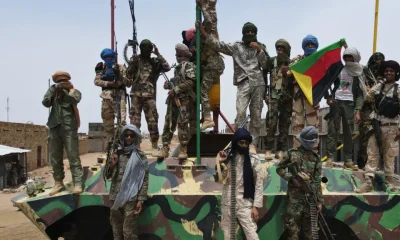
MALI UNDER FIRE AS ARMED RESISTANCE FACES COORDINATED ATTACKS AMID RISING REGIONAL TENSIONS.
Mali’s sovereignty has once again come under direct assault as coordinated militant operations targeted two key military locations in Boulikessi and Timbuktu, sparking heavy firefights and prompting strong defensive responses from the Malian Armed Forces.
On Sunday, in the border town of Boulikessi, a wave of insurgents linked to extremist factions operating across the Sahel stormed a military base in an assault described by frontline sources as “relentless and strategic.” Unofficial but credible sources close to the military place the death toll among Malian soldiers at over 30, though official confirmation remains pending.
“Our men fought courageously,” said a senior army officer. “Many held their ground to the end. This was not a defeat, this was a resistance under pressure.”
Witnesses and survivors recounted the attackers’ tactics a rapid mobilization, overwhelming firepower, and occupation of the base. Informal video clips circulated by local contacts show what appears to be dozens of armed men breaching the perimeter and stepping over fallen soldiers yet the footage too is disturbing to broadcast but indicative of the brutality faced.
The militant group Jama'a Nusrat ul-Islam wa al-Muslimin (JNIM), which openly aligned itself with global jihadist networks, later claimed responsibility for the Boulikessi attack. Less than 24 hours later, the same group declared another offense this time in the historic city of Timbuktu, a sacred ground of African heritage and once a beacon of intellectualism and trade.
The assault on Monday night in Timbuktu began with the detonation of a vehicle-borne explosive near a military outpost of which was then followed by heavy gunfire. Residents reported a night filled with panic as blasts echoed through the ancient city’s walls. The Malian army confirmed it repelled the attackers, killing 14 insurgents and detaining over 30 suspects of aiding the operation.
Weapons, vehicles, and communications equipment were also recovered, though the military refrained from naming the group behind the aggression in its official communication. Special forces continue to conduct sweeps across the city to secure key installations and restore calm.
Military sources said the attackers attempted to overrun a military airport targetting Russian security contractors embedded with Malian troops. “It’s a direct challenge not just to Mali, but to African sovereignty as a whole,” said a regional analyst.
Timbuktu which for long considered a crown jewel of African civilization has seen a resurgence of violence in recent years after falling under militant control in 2012. Despite being liberated, it remains a strategic target in the broader destabilization campaign one aimed at weakening national institutions and disrupting African self-determination.
The attacks come on the heels of warnings from the United States Africa Command, which has sounded the alarm over growing collaboration among extremist factions looking for access to West Africa’s Atlantic coastline and a red flag for African nations already battling to maintain territorial control.
Pan-African observers are calling for a coordinated continental response, one which is not just militarily, but rather economically and diplomatically. “This is not just Mali’s burden. The stability of the Sahel is the stability of Africa,” said an AU official.
As Mali mourns and regroups, its message remains unshaken, and the fight for African land, people, and sovereignty is not forfeit.
Pan Africanist Promotion Team

Monk to Minister: Robert Dussey’s astonishing Political Journey
In a continent where clergy often steer clear of partisan politics, Robert Dussey here stands out as a unique exception. A former Franciscan monk became Togo’s long-serving Foreign Minister, Dussey has traded his monastic robes for tailored suits, but not his sense of mission.
Born in Bangui, Central African Republic, to Togolese parents, Dussey started his spiritual path at St. Paul’s Seminary before joining the Franciscan order. His change from religious life to academia saw him emerge as a professor of political science with a deep interest in political philosophy. As he insists politics was never his ambition.
“I came to politics by accident and I am a political casualty,” he said, regarding his public service as an apostolate, an extension of his spiritual vocation. One of his appointments in 2013 as a Foreign Minister by the President then, H.E Faure Gnassingbé marked the beginning of a new chapter, one of them being rooted in his enduring values; human dignity, justice, and service to the poor.
Being guided by both intellectual rigor and contemplative discipline, Dussey has merged himself as a Pan-African voice on the global stage further emphasizing that he carries out these duties inspired by an enlightened leadership and his convictions about the destiny of our continent. Definitely no longer in the monastery, however, his mission remains spiritual at its core, only now, his parish is the world.
CHOL Ajoja: Driving Sustainable Investment and Trade Across Africa and Beyond
CHOL AJOJA for Investment and Trade Co. Limited is at the forefront of Africa's economic transformation. Standing by their core principles of Integrity, Innovation, and Collaboration, CHOL AJOJA is more than just a company—it is a powerful movement empowering Africa and businesses to build a bright future.
Vision:
“To be a global leader in investment and trade, driving sustainable growth and prosperity through innovation, integrity, and collaboration.”
Mission:
“Our mission is to create lasting value for our clients and partners by leveraging our expertise in investment, trade, and strategic services while upholding the highest standards of integrity and fostering
a culture of innovation and collaboration.”
CHOL AJOJA Principles:
- Integrity: Conducting every operation with honesty and transparency.
- Innovation: Embracing forward-thinking solutions to solve Africa's challenges.
- Collaboration: Building strong partnerships that drive collective growth.
CHOL AJOJA Code of Conduct:
- Uphold integrity in all business engagements.
- Treat partners and stakeholders with respect and professionalism.
- Protect sensitive information with utmost confidentiality.
CHOL AJOJA is not just investing in trade—it’s uniting Africa and investing in Africa’s future.
Powered by the Pan African Empowerment Crusade.
